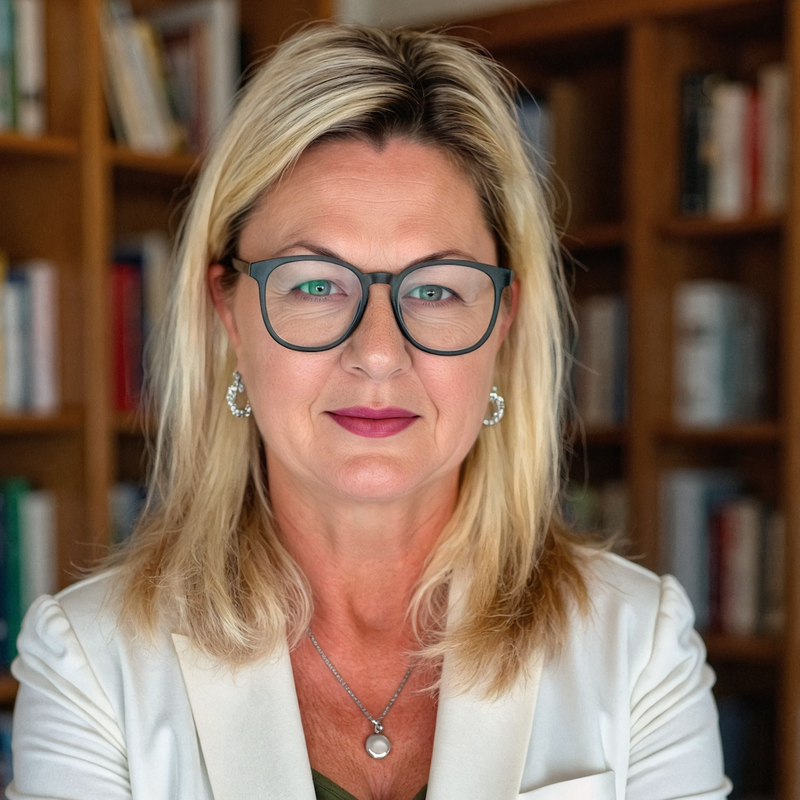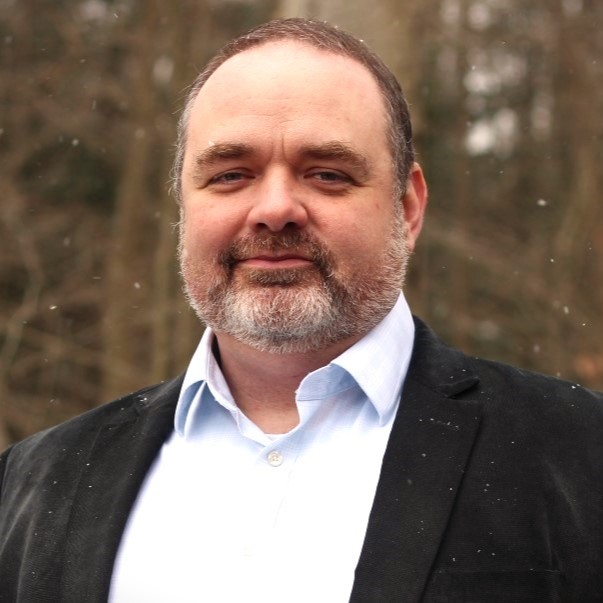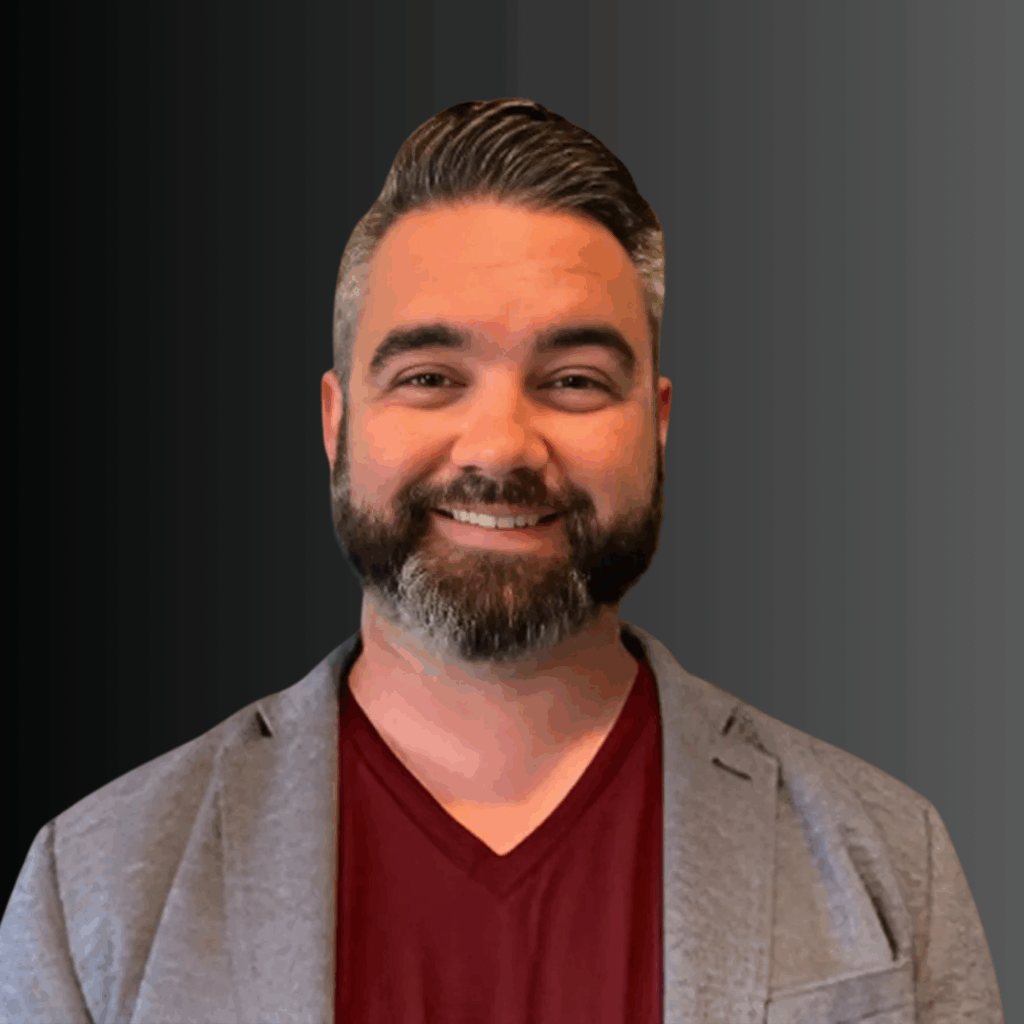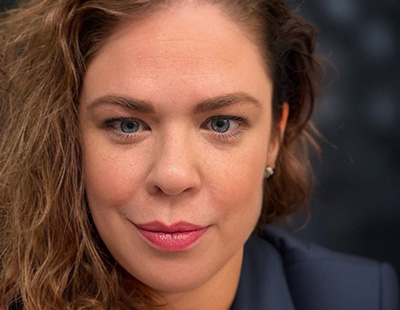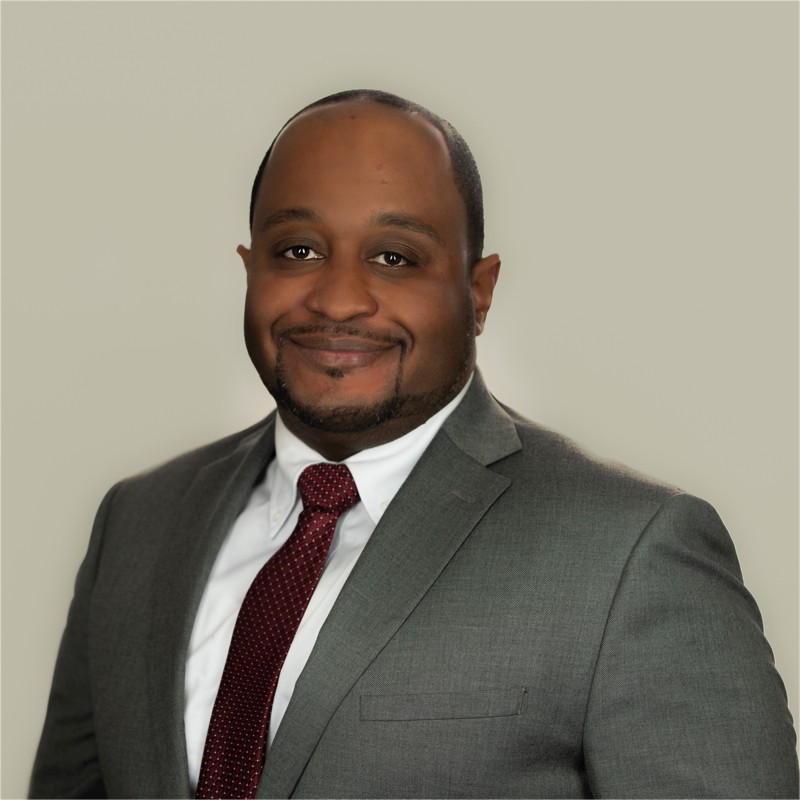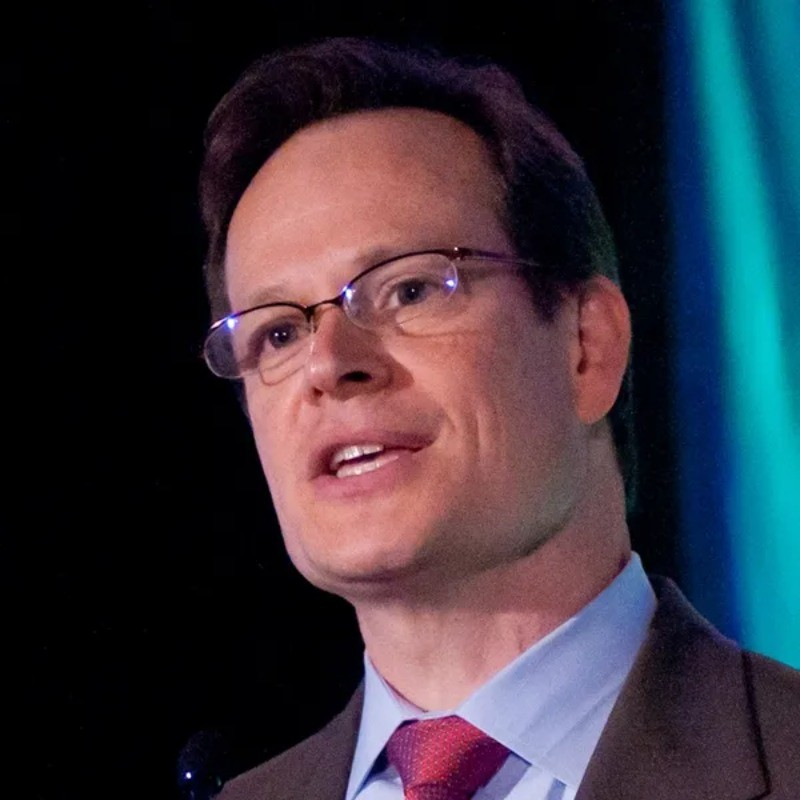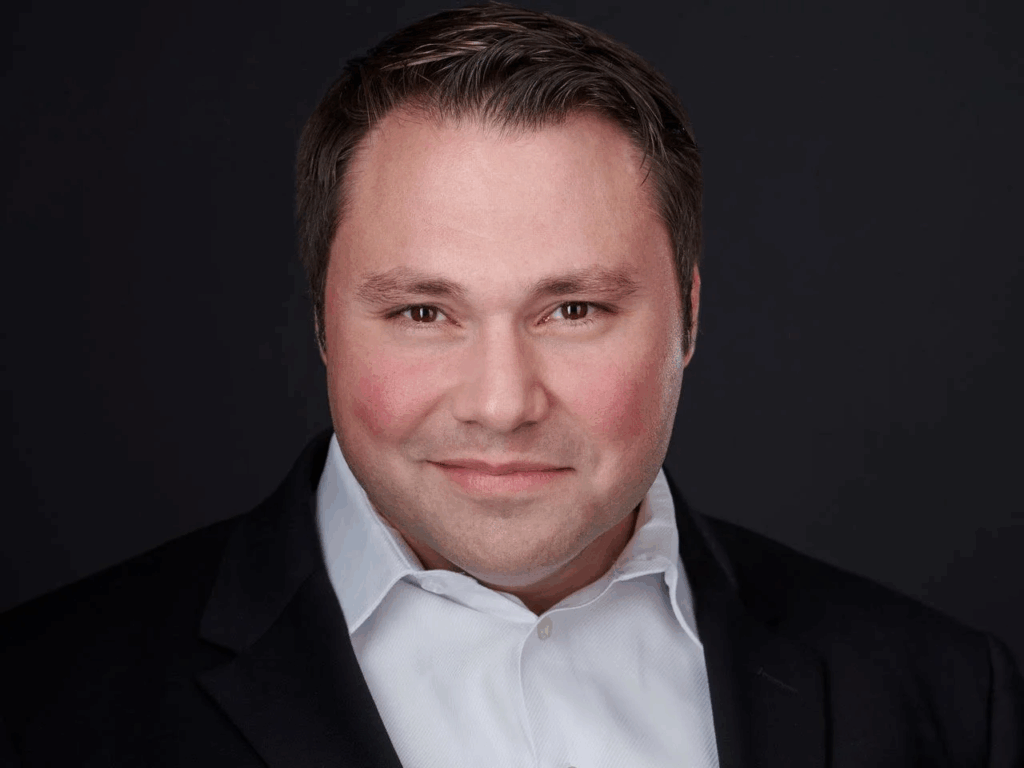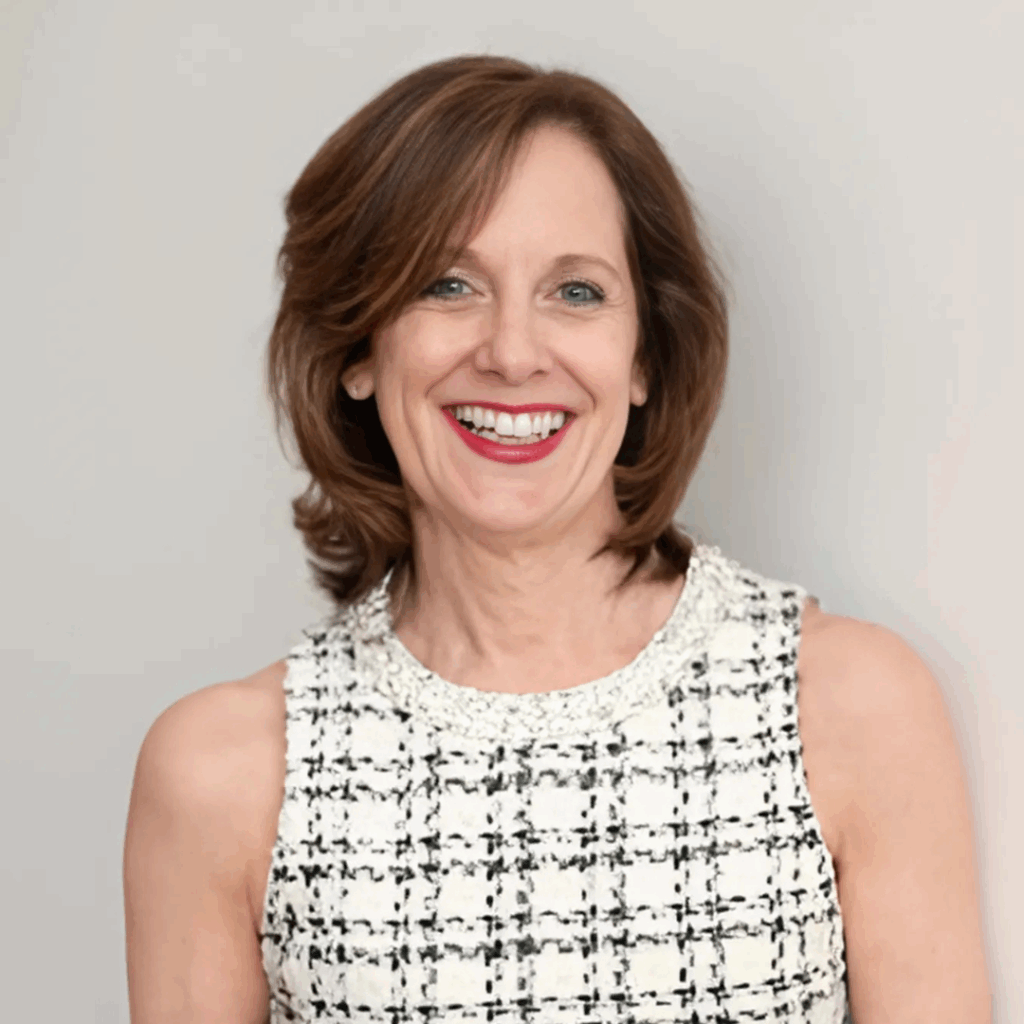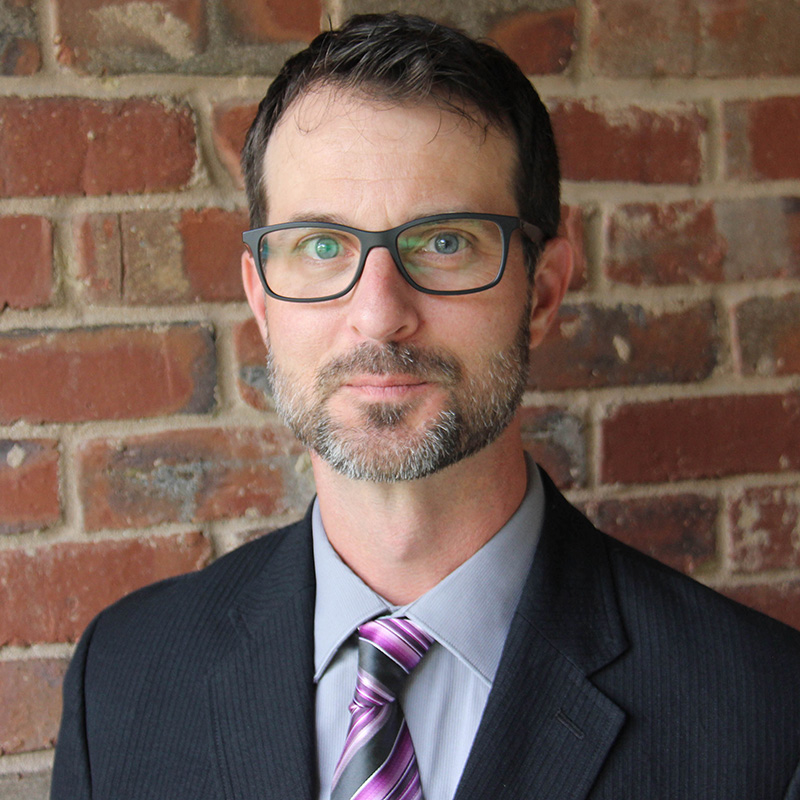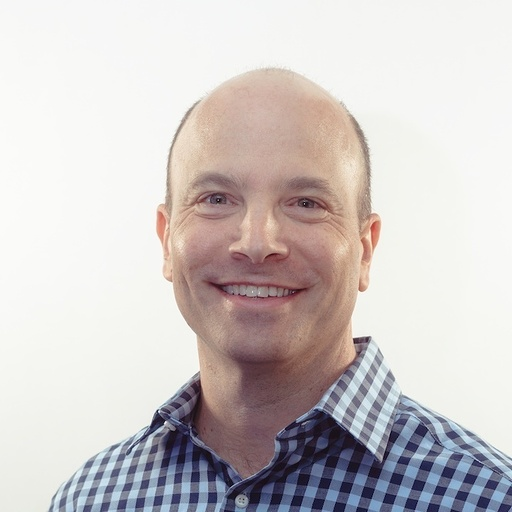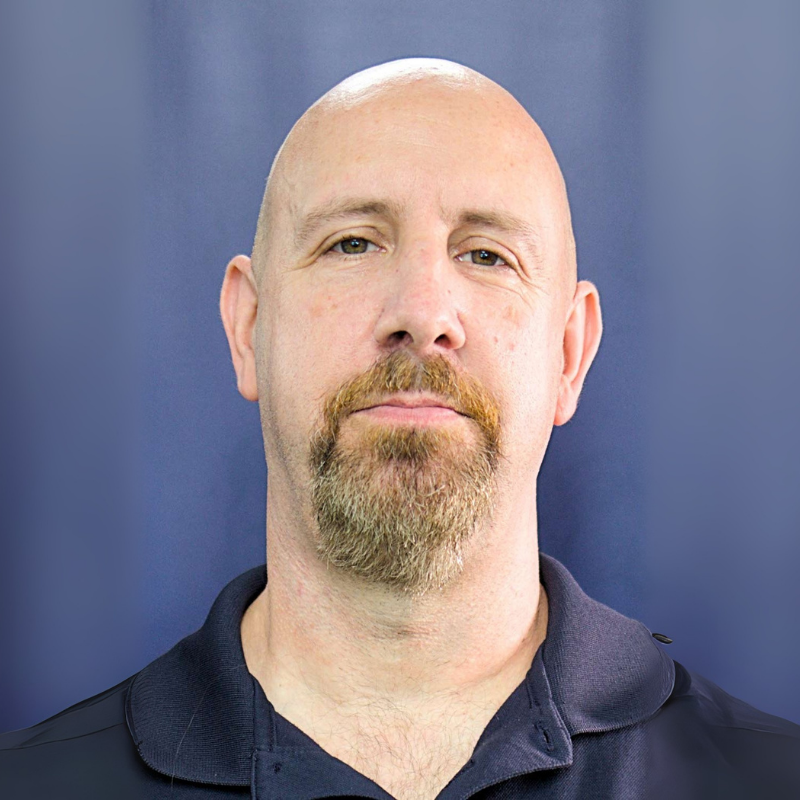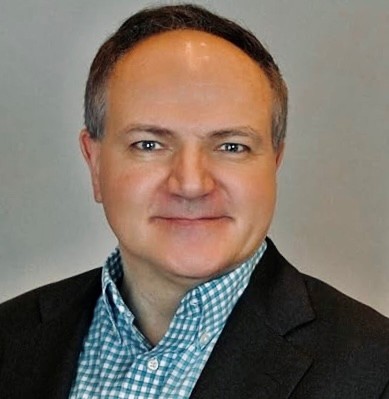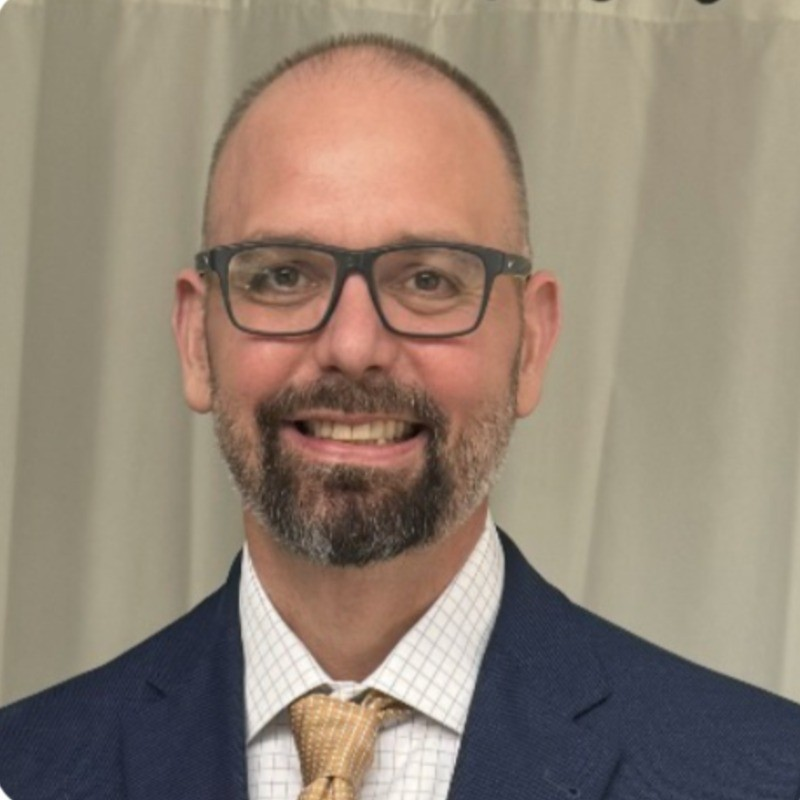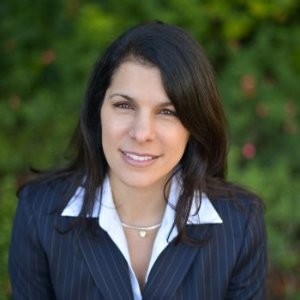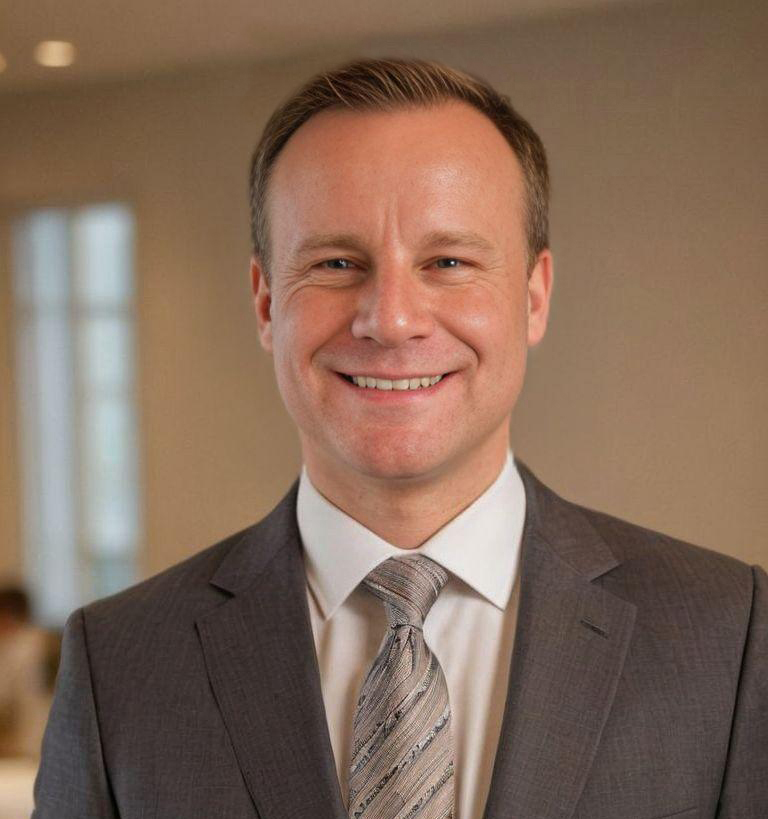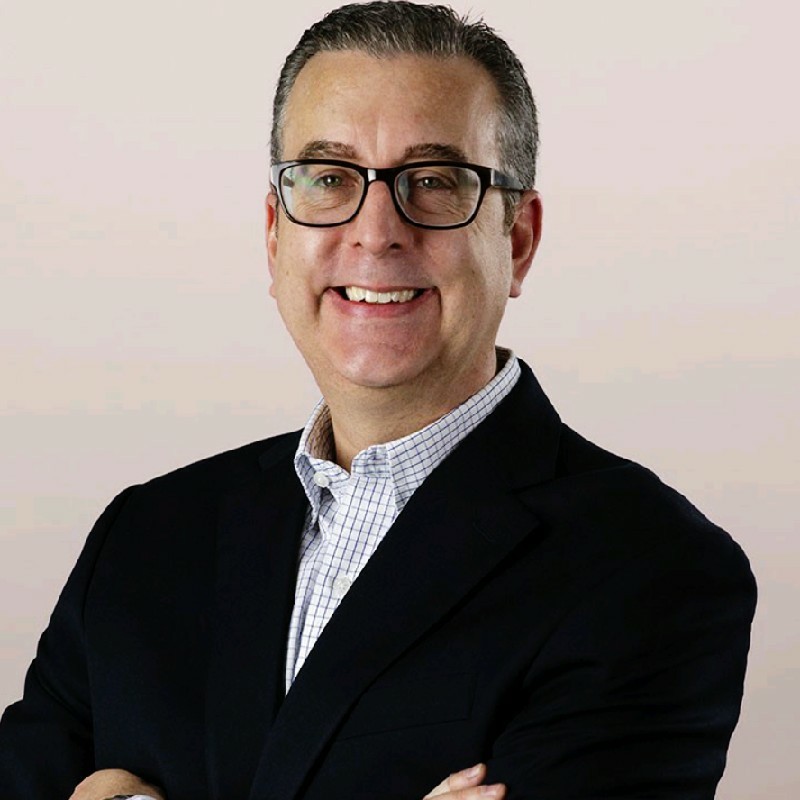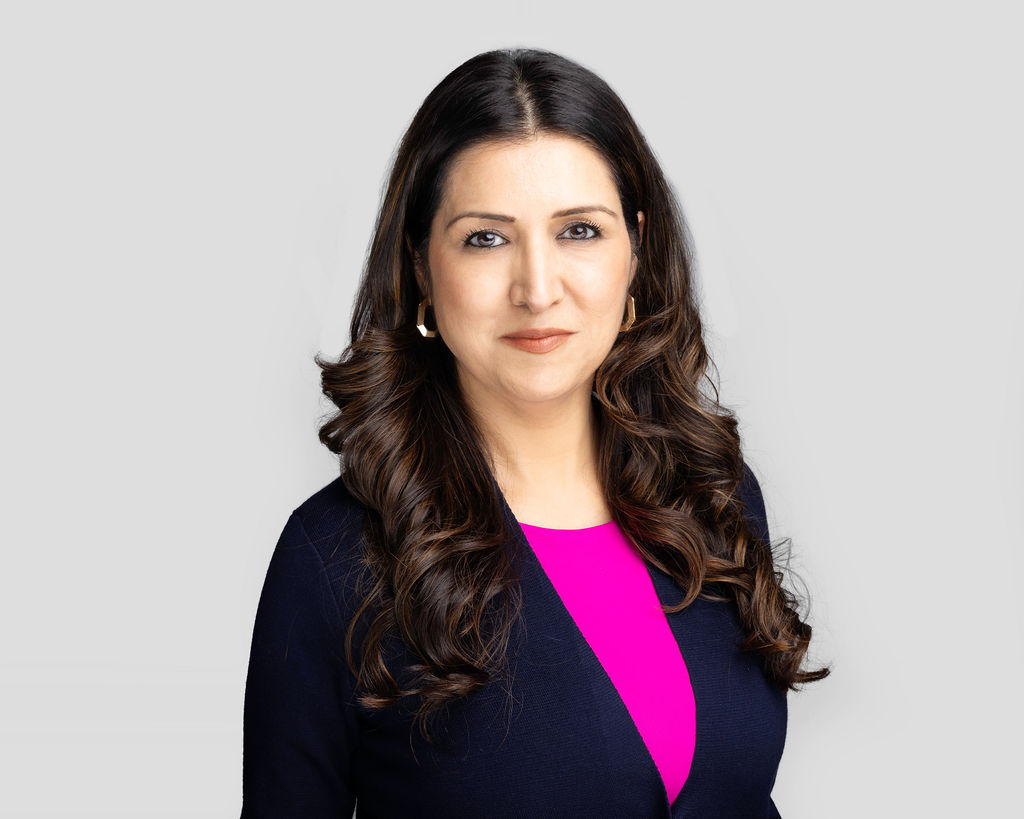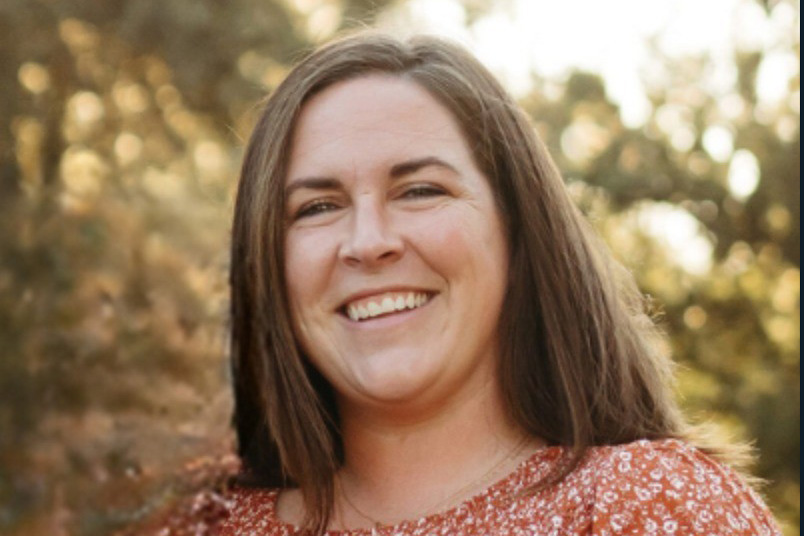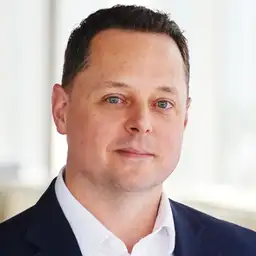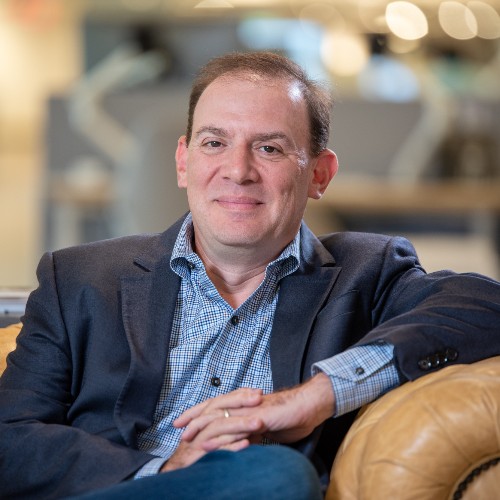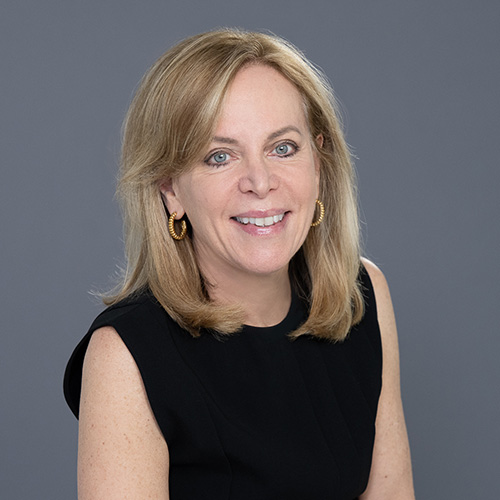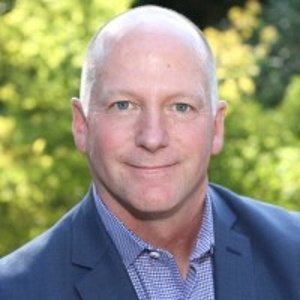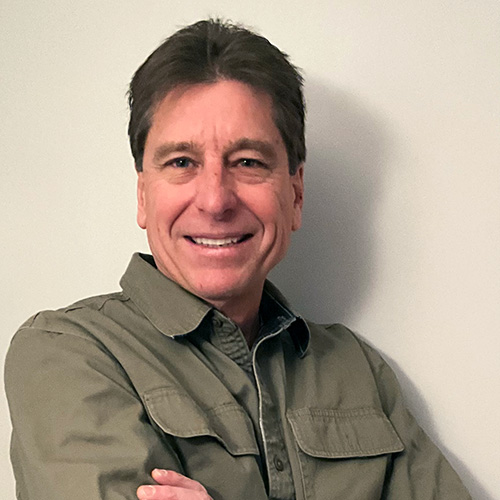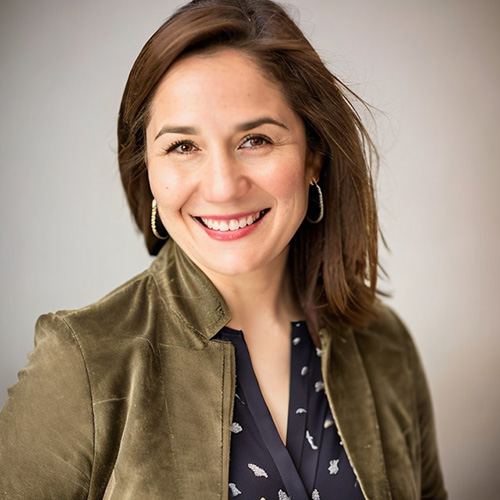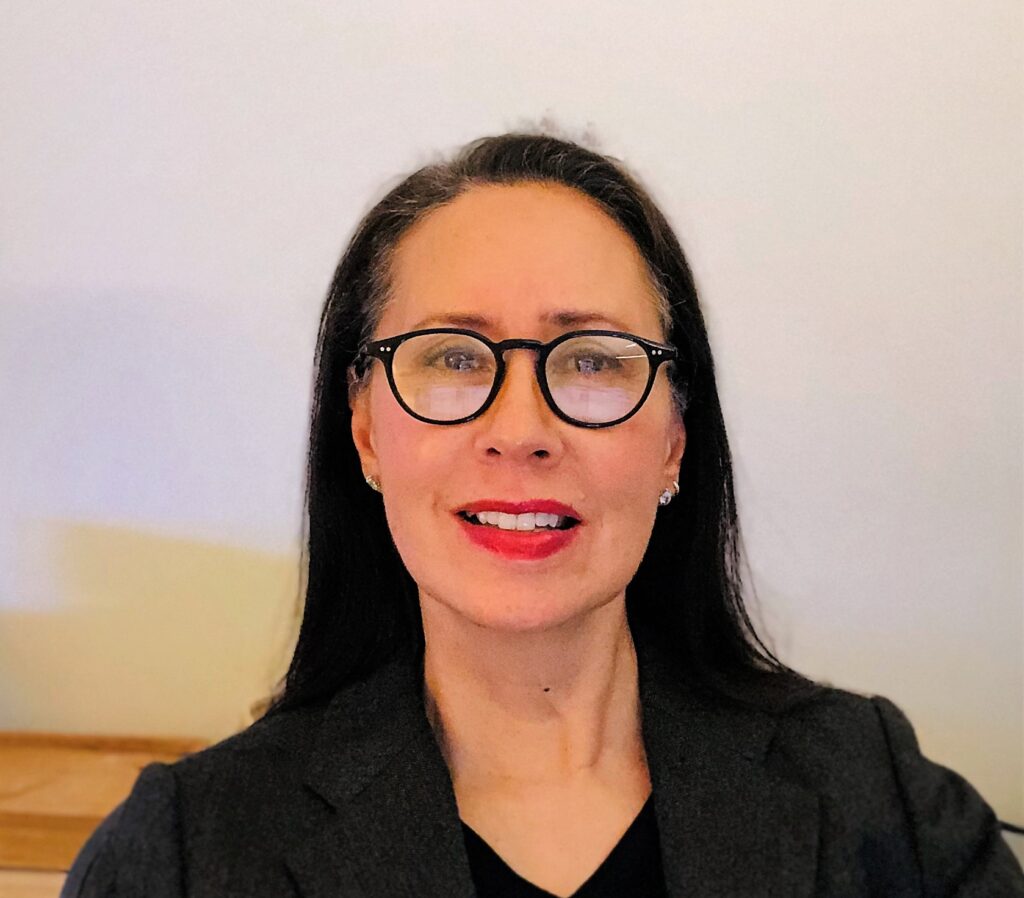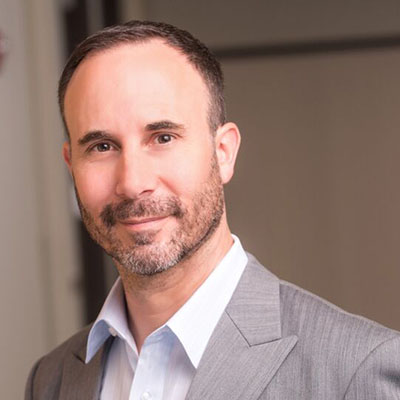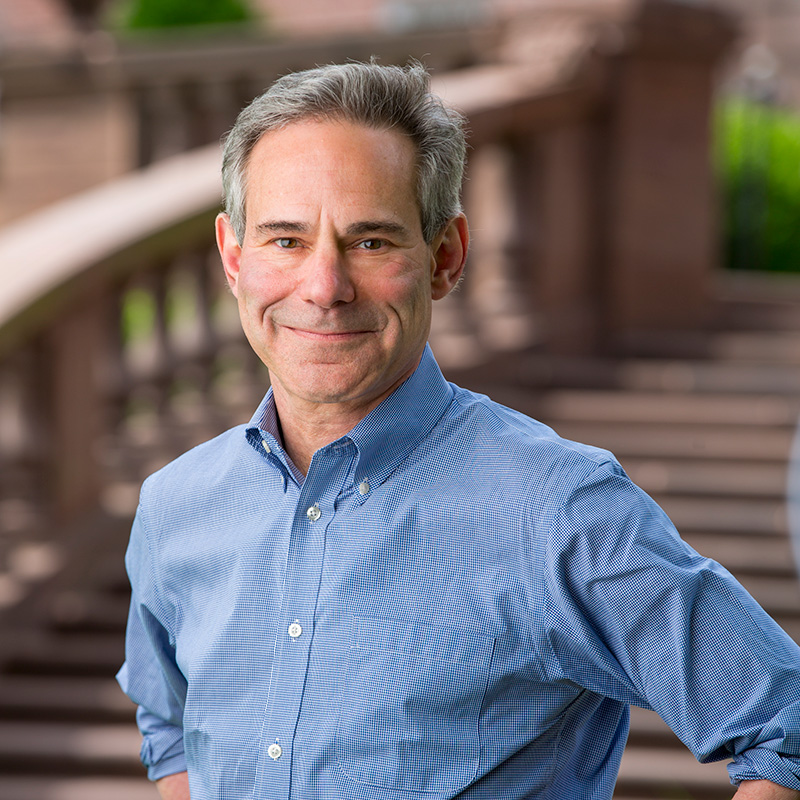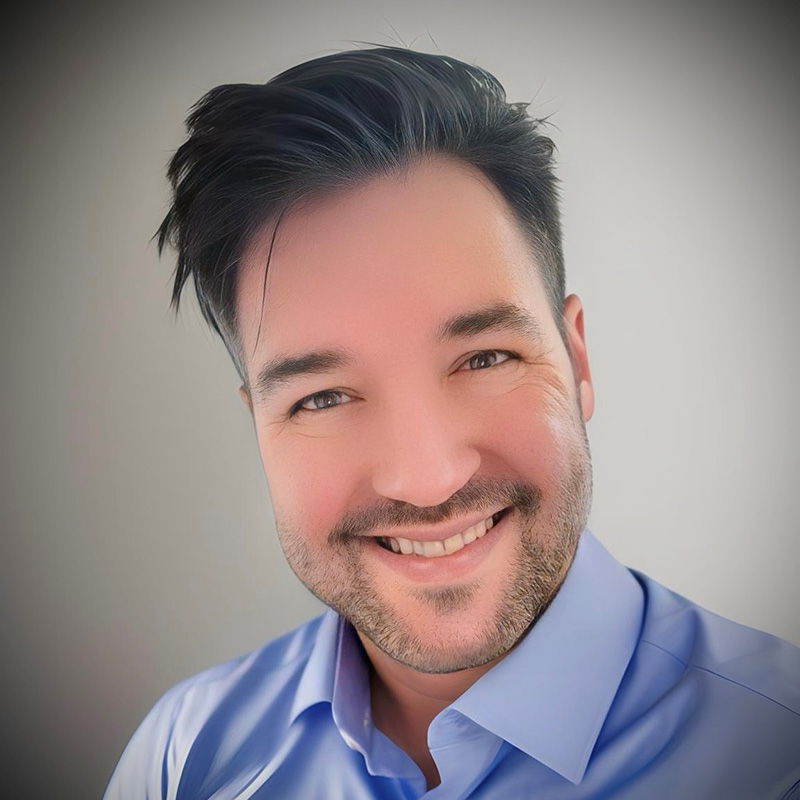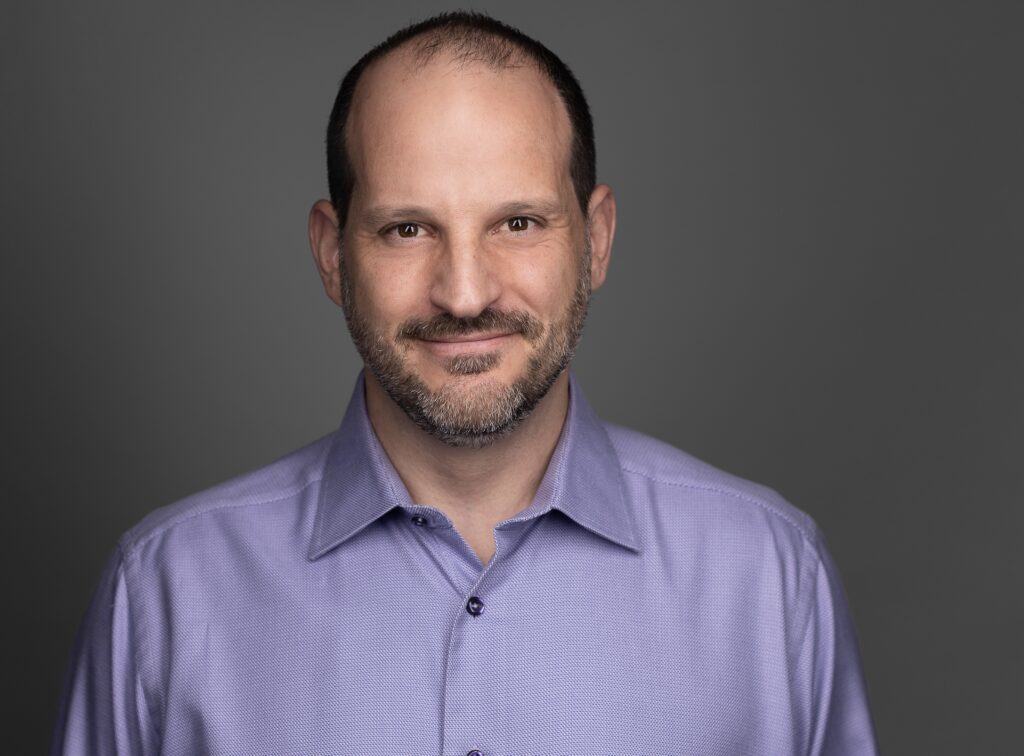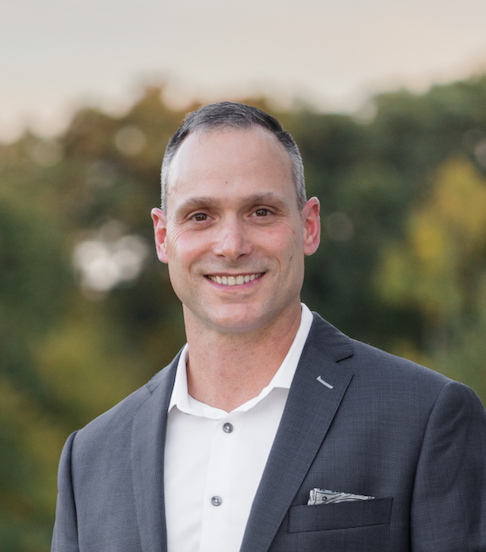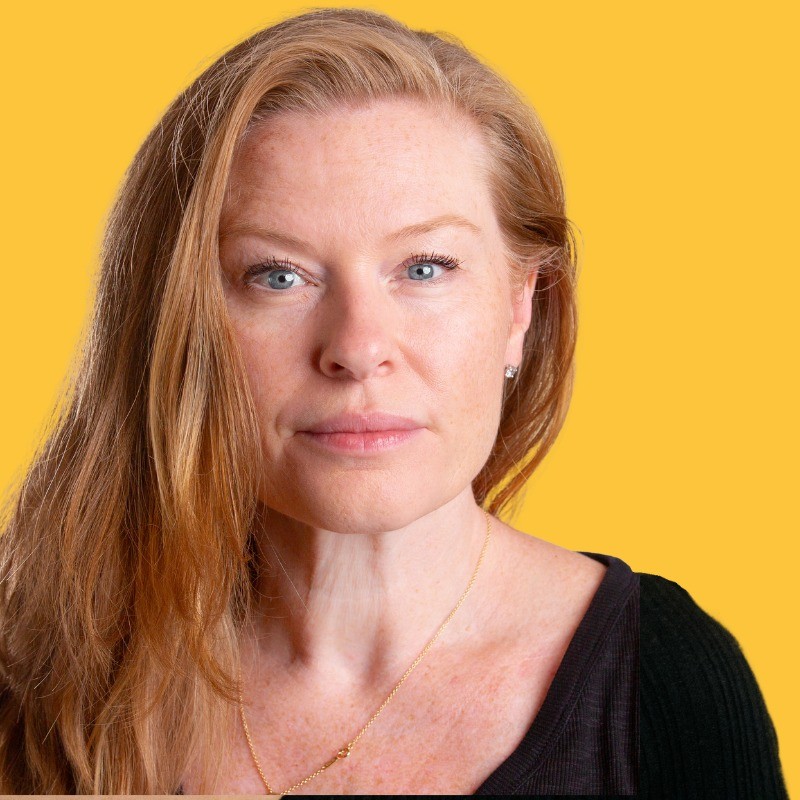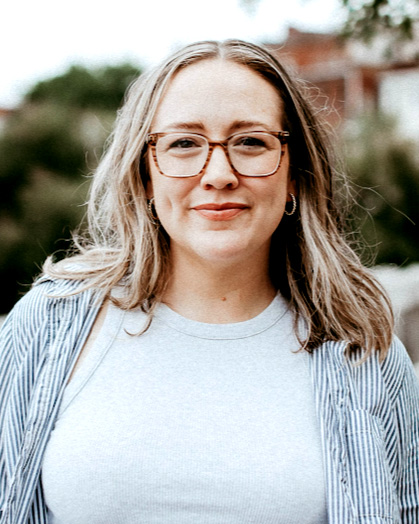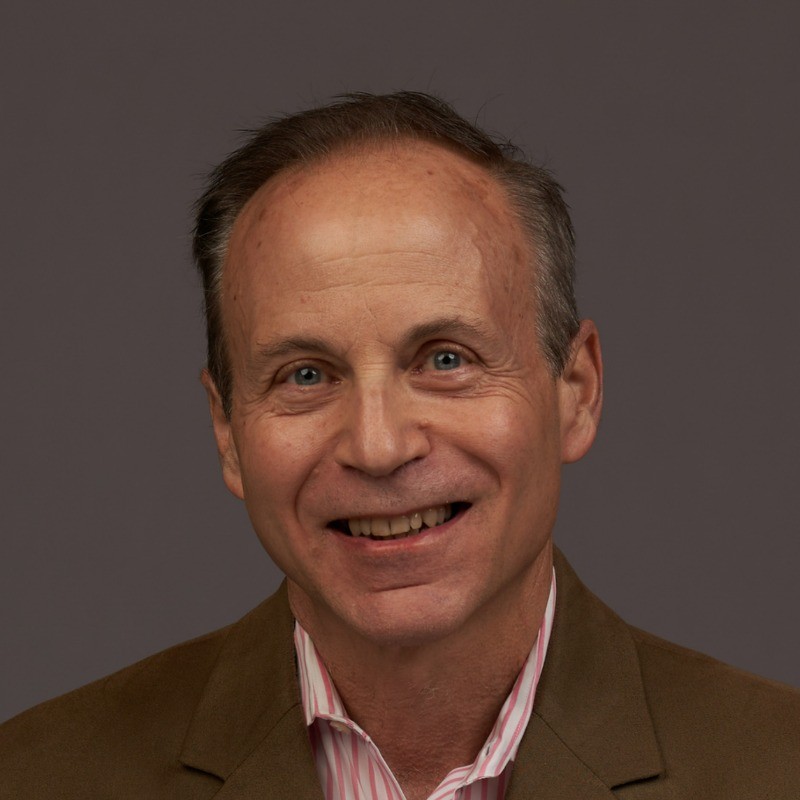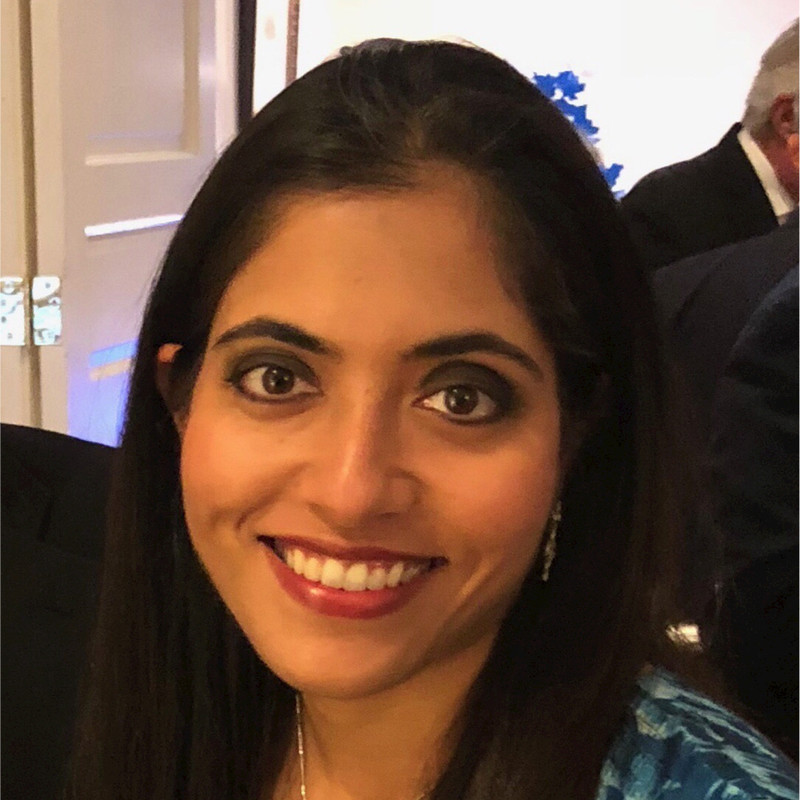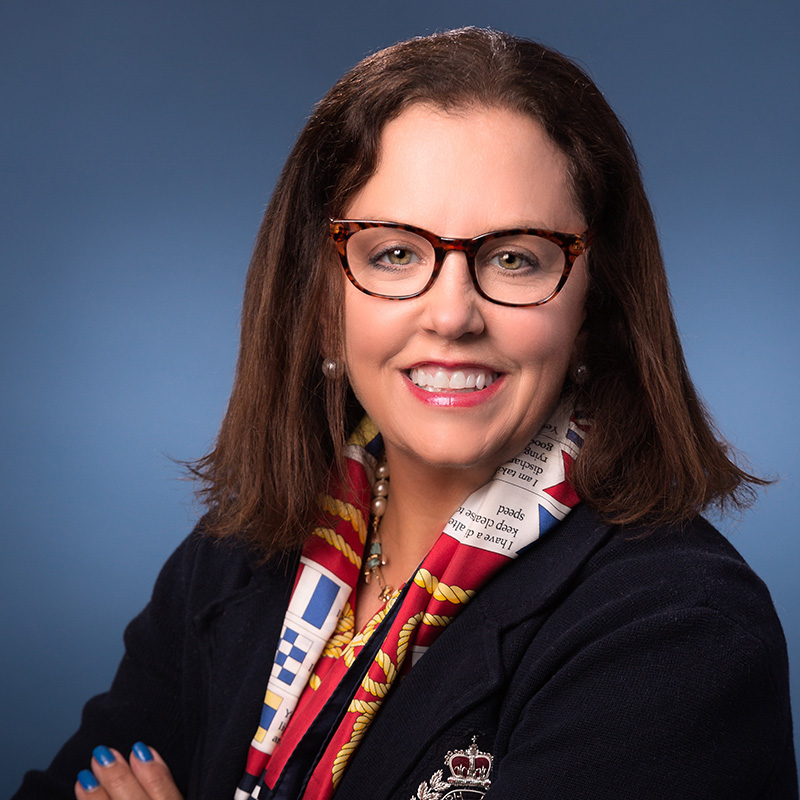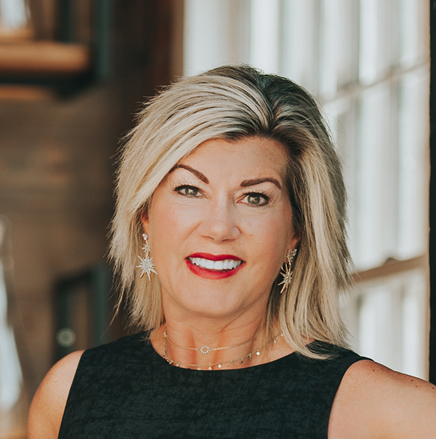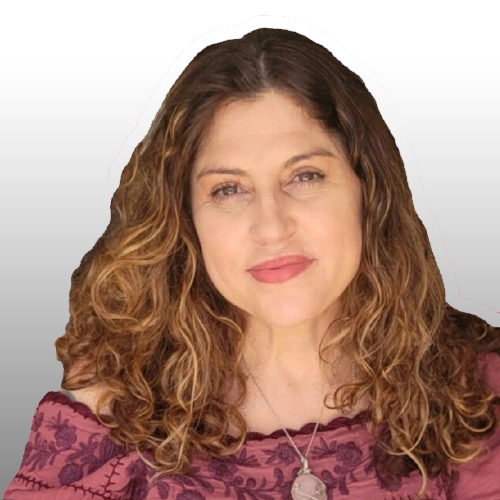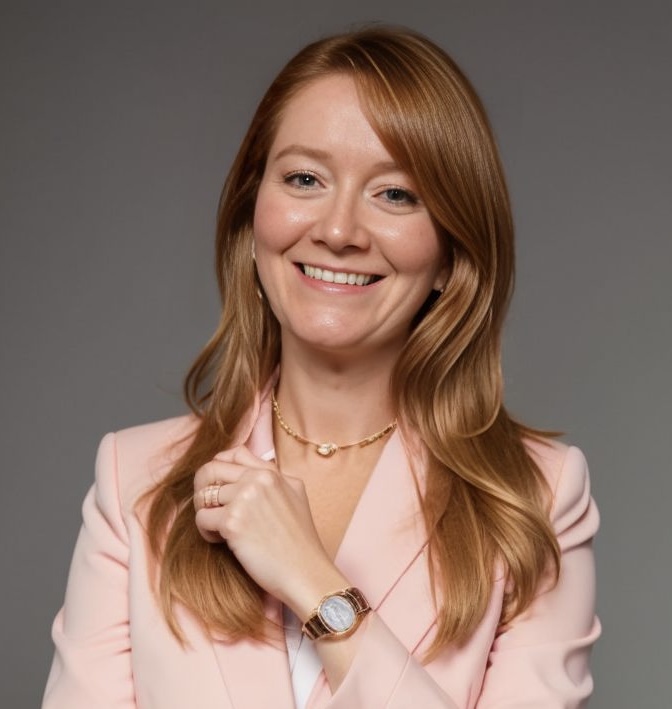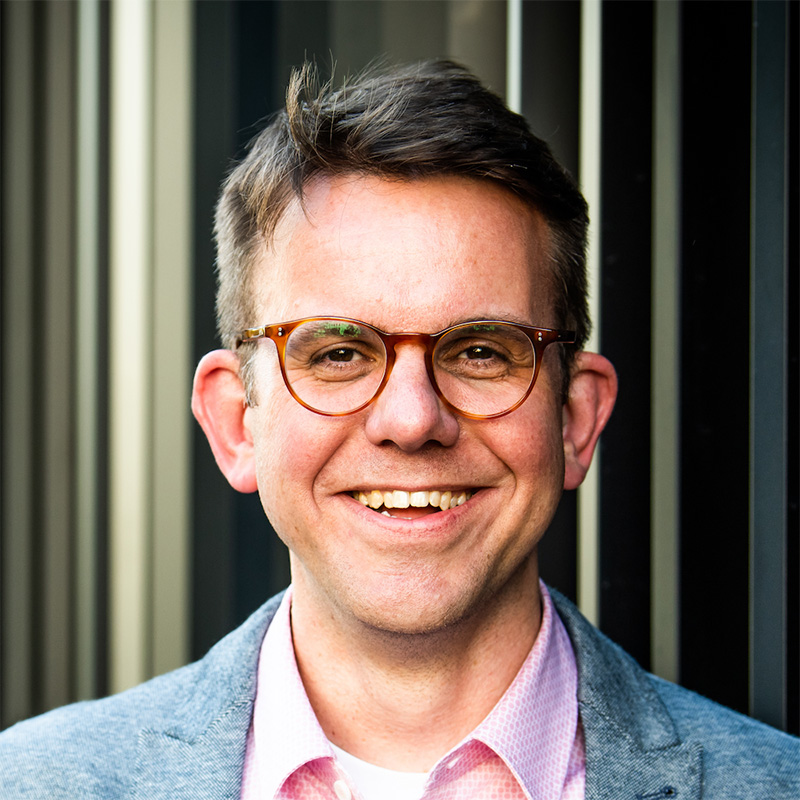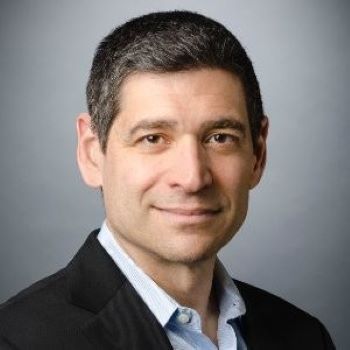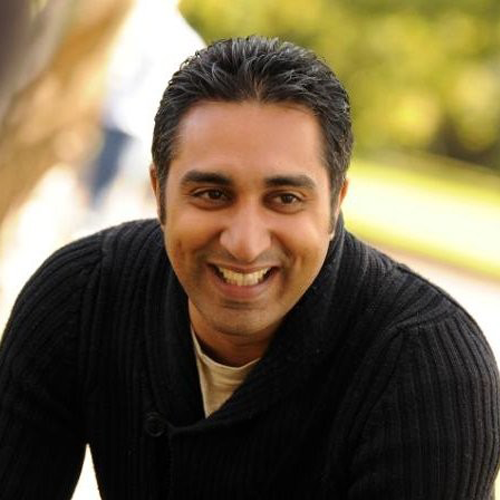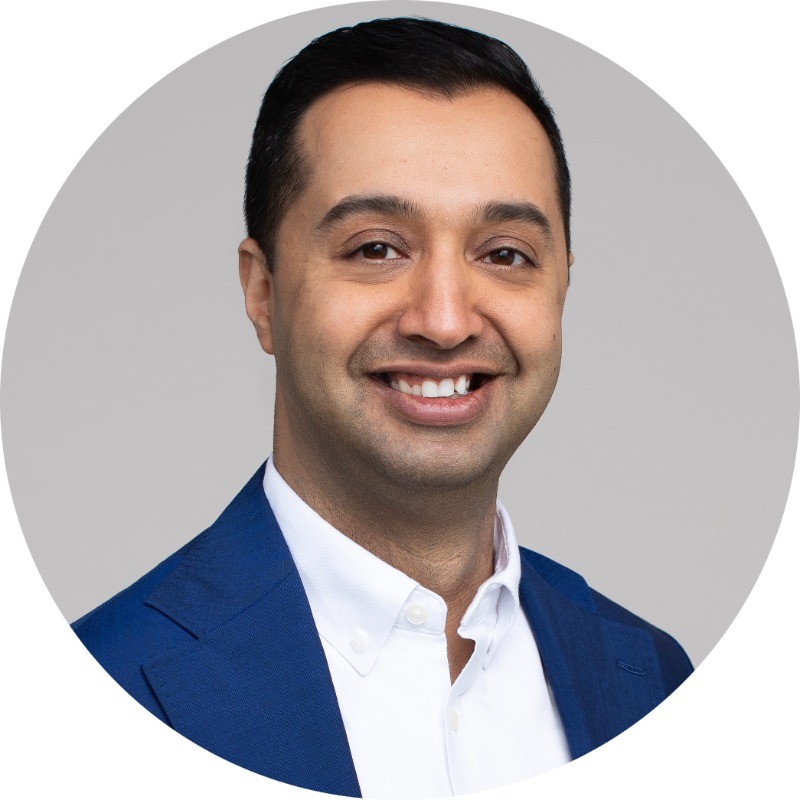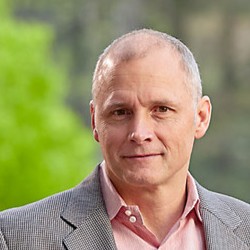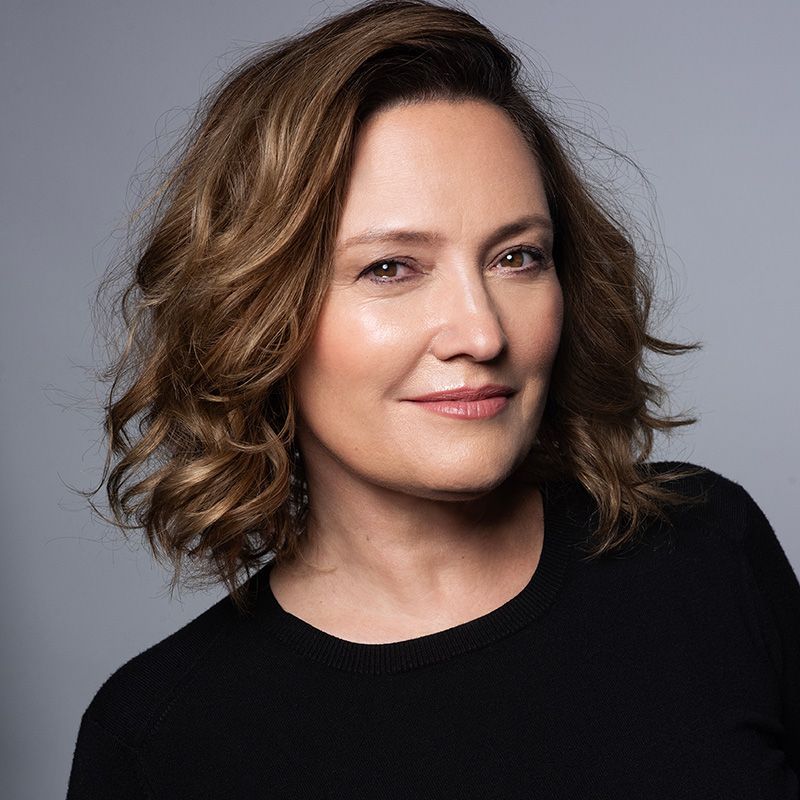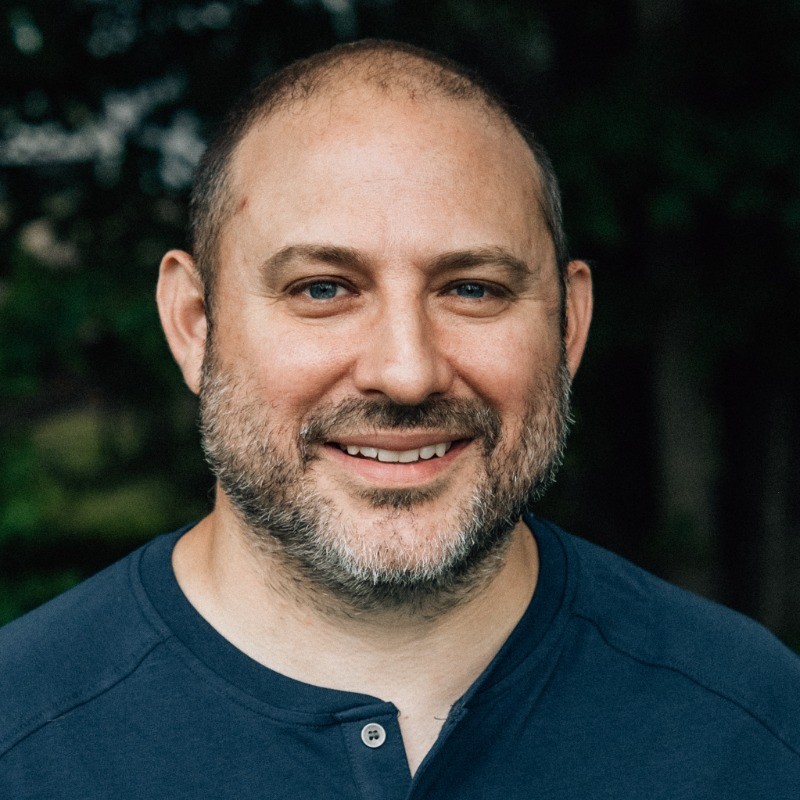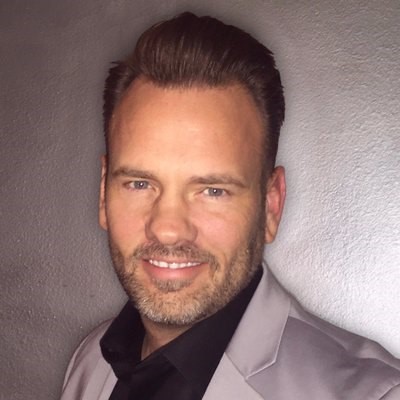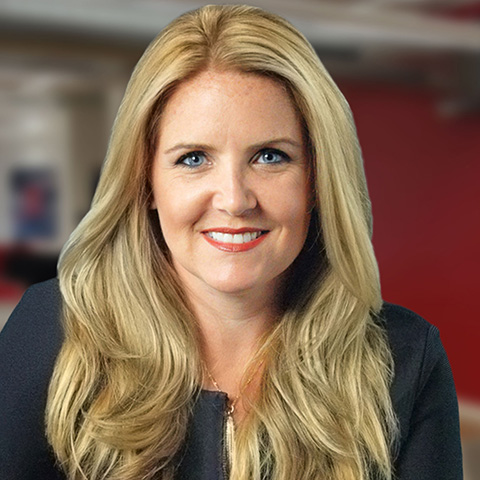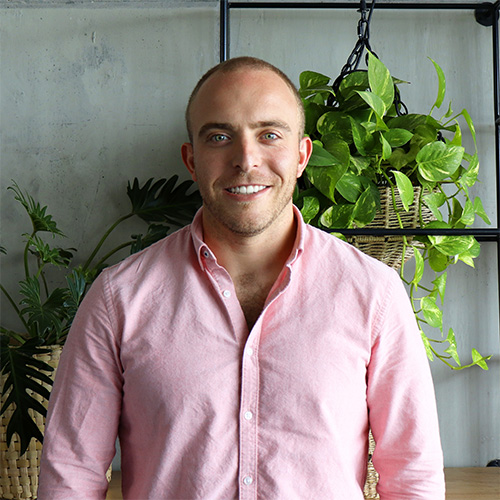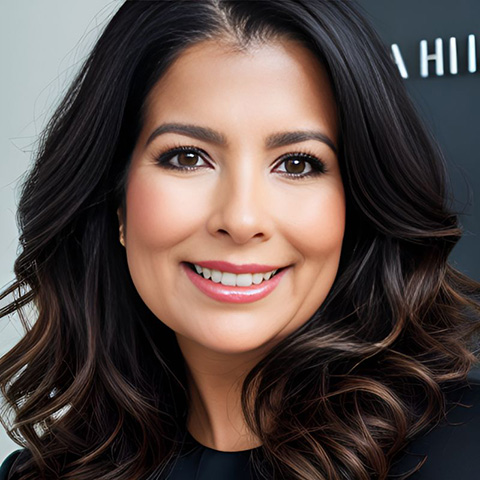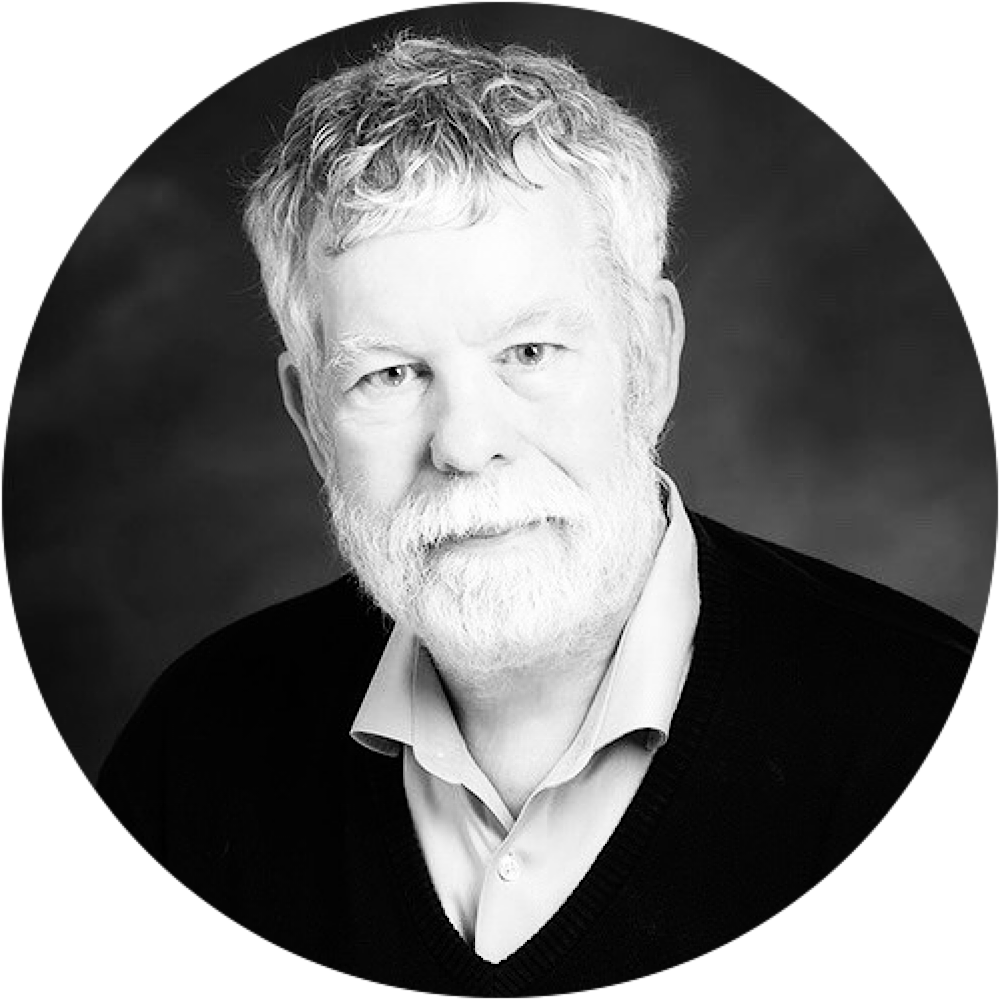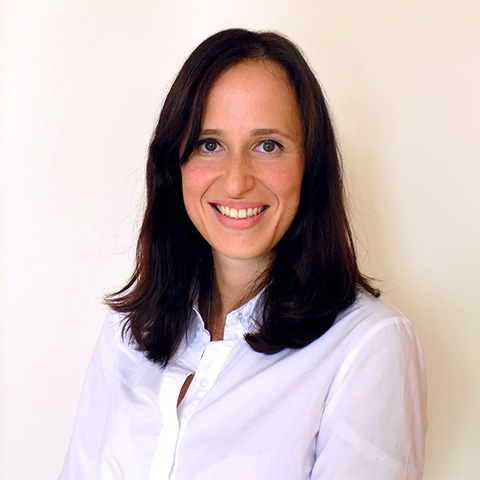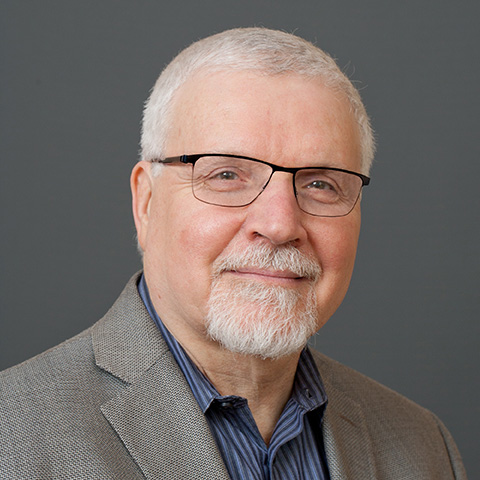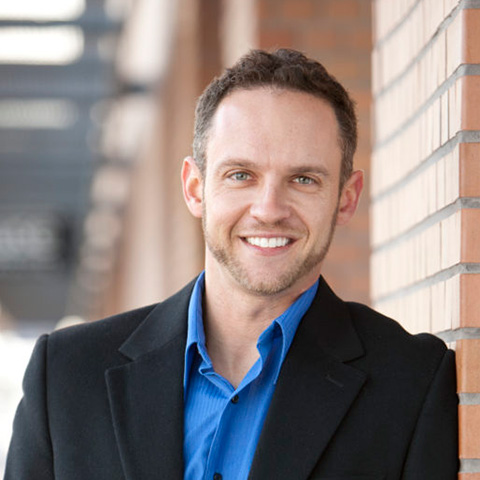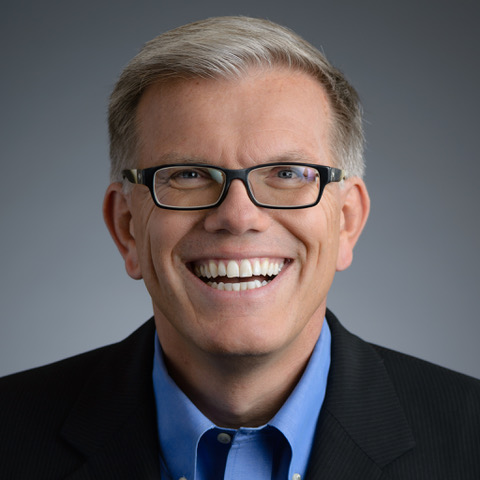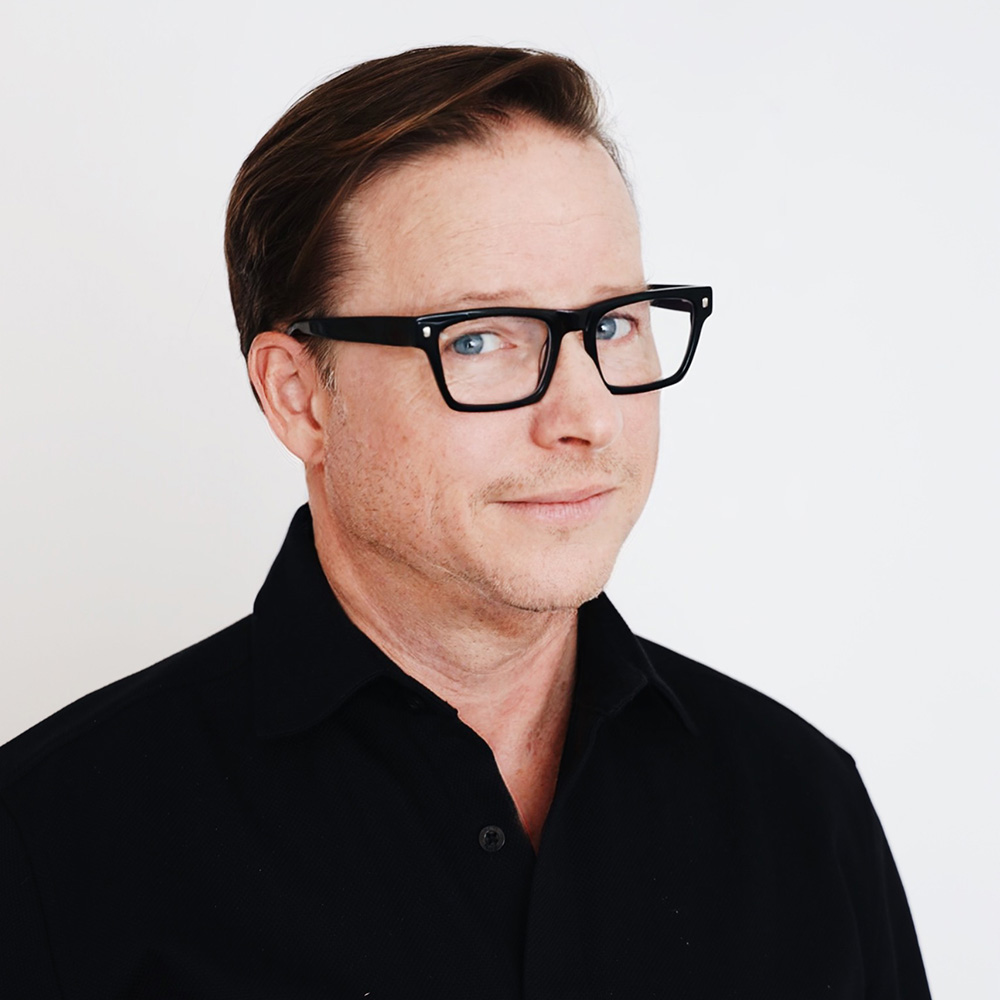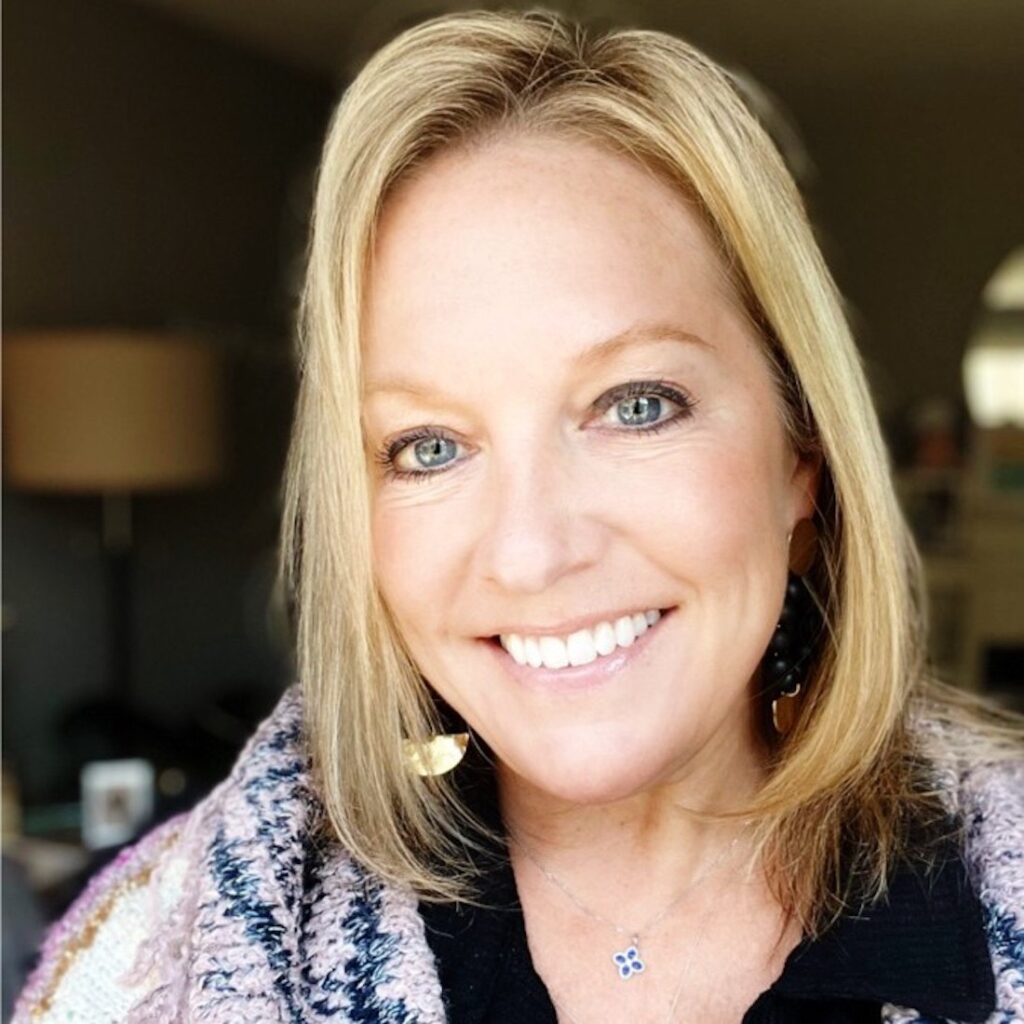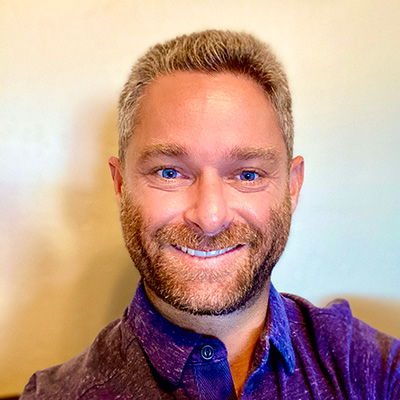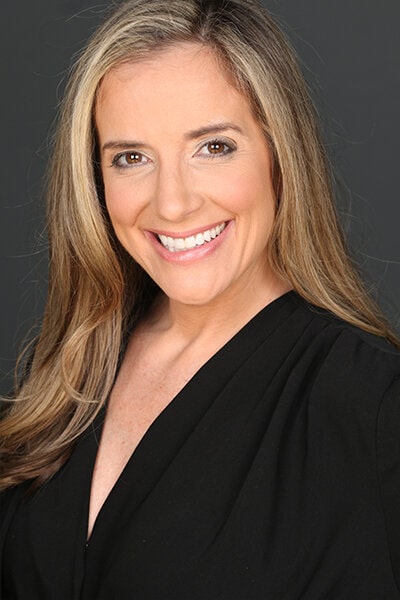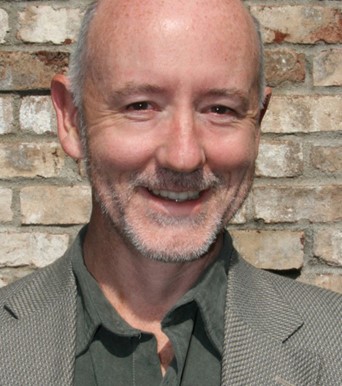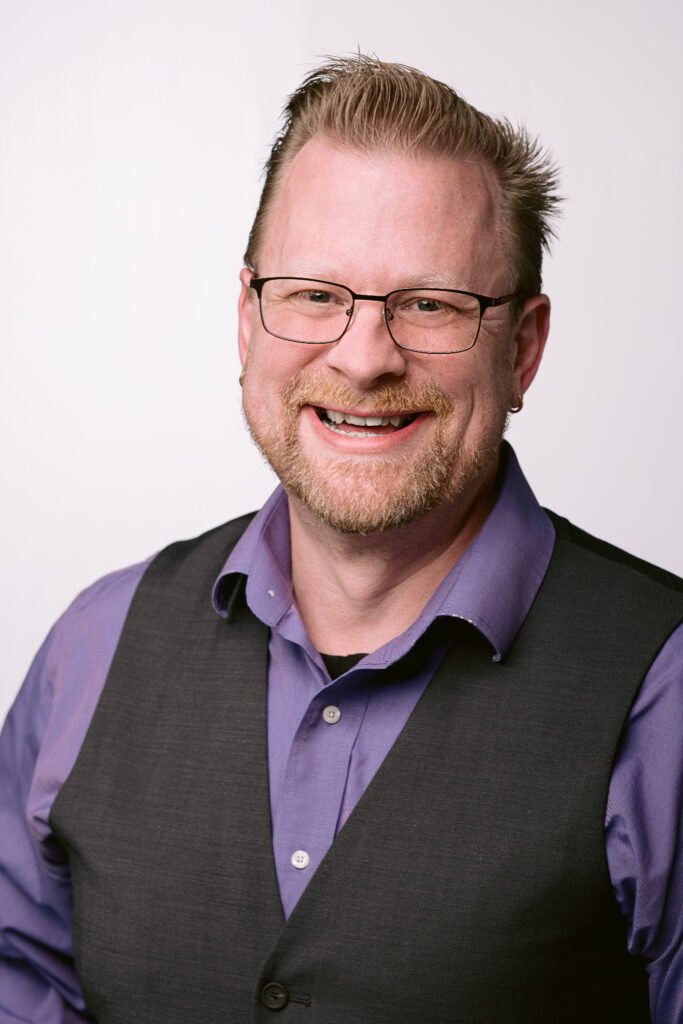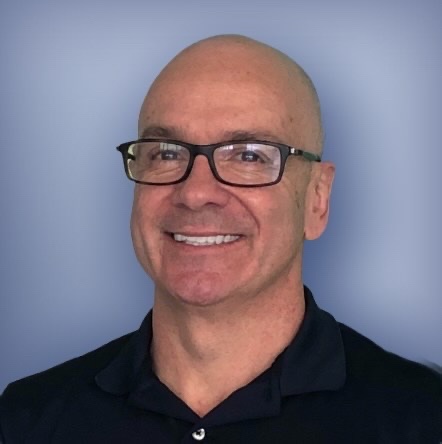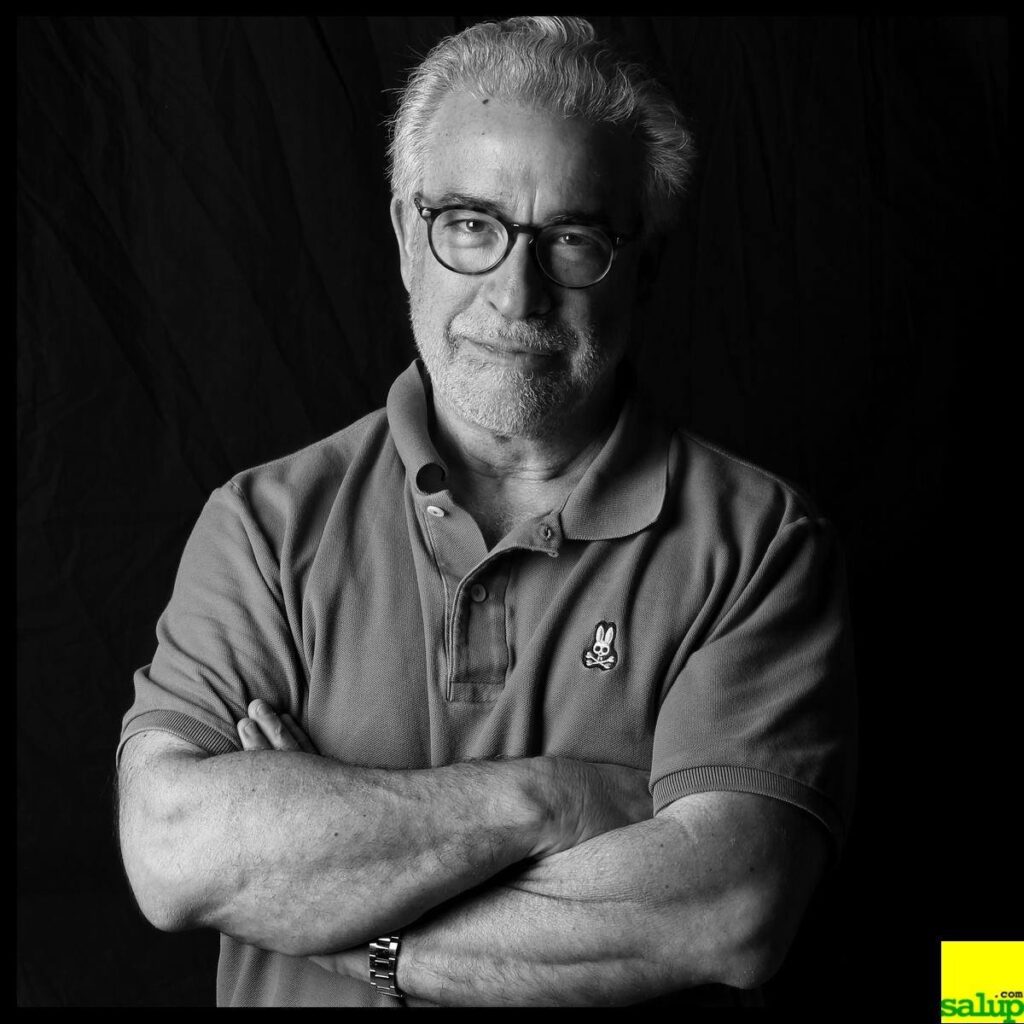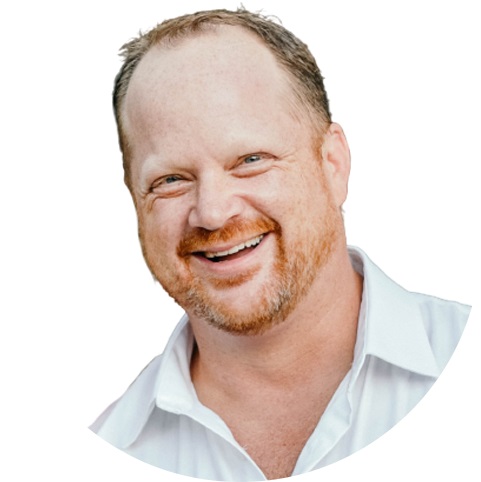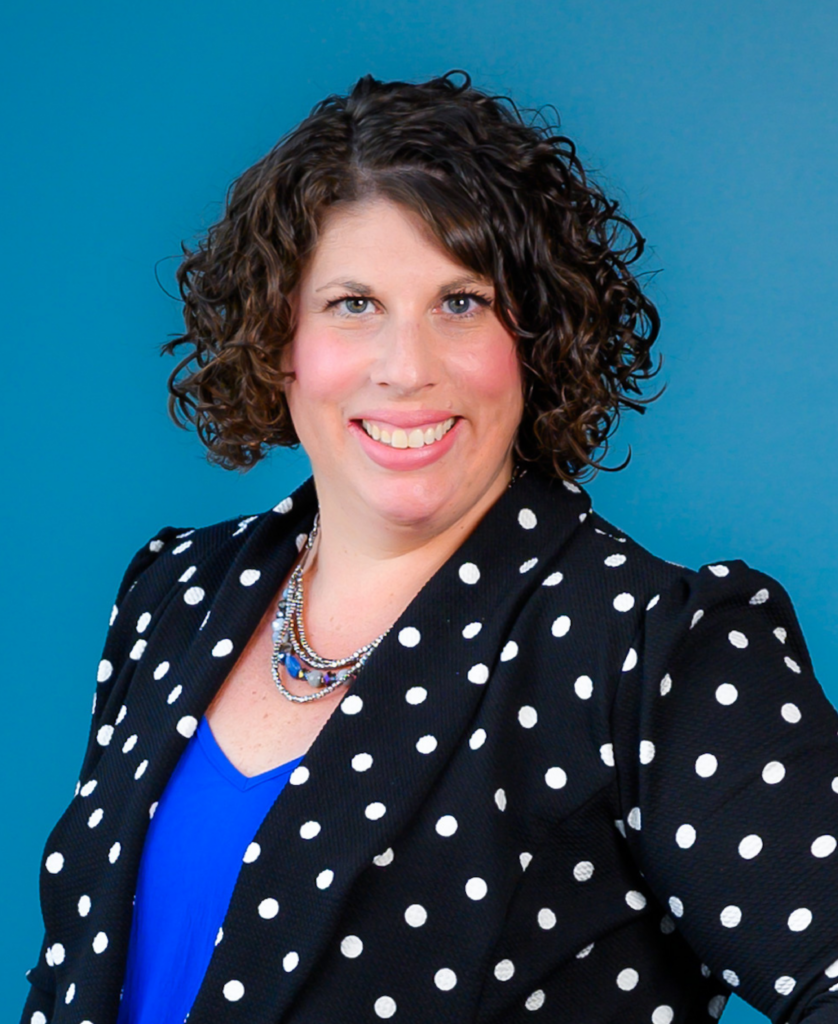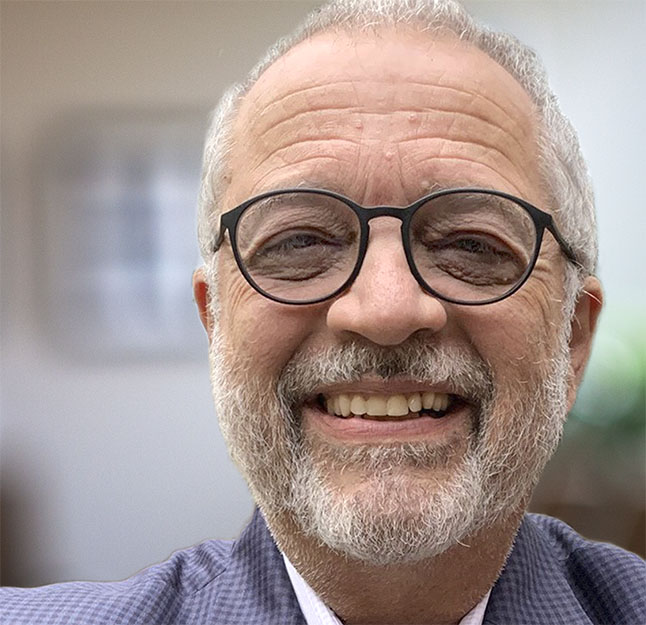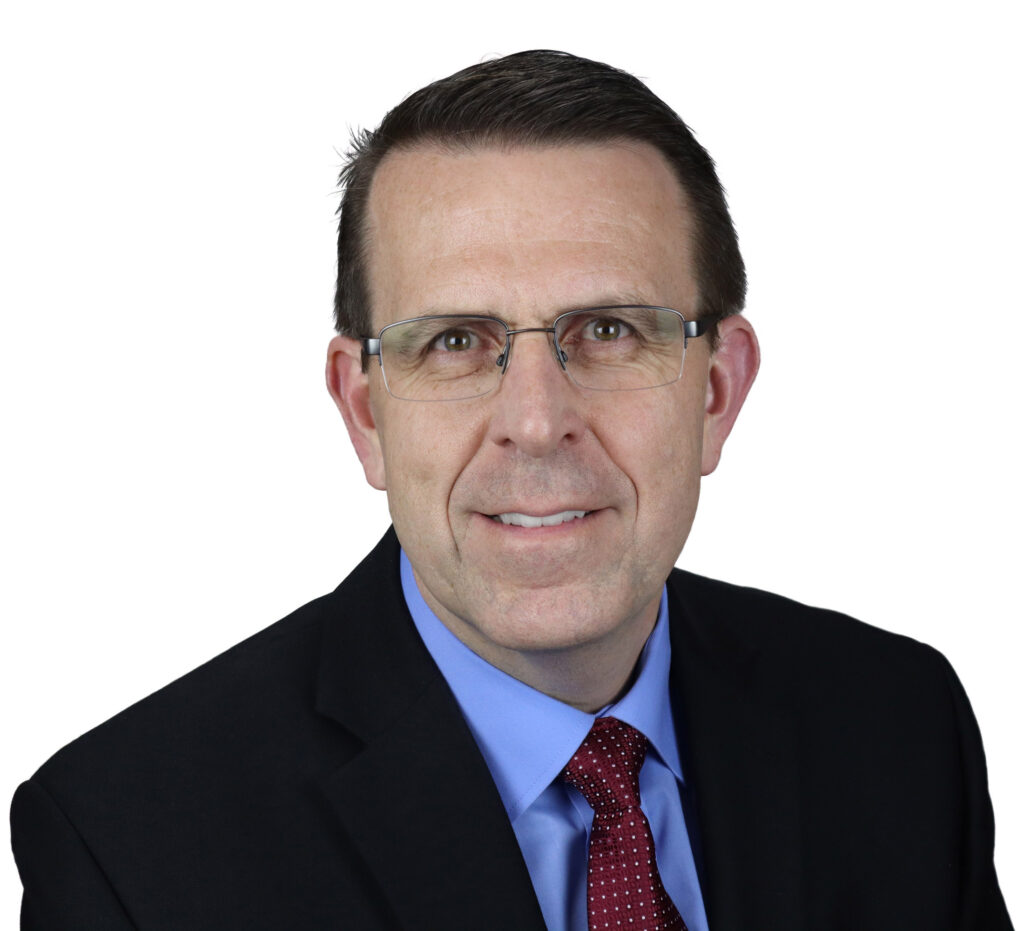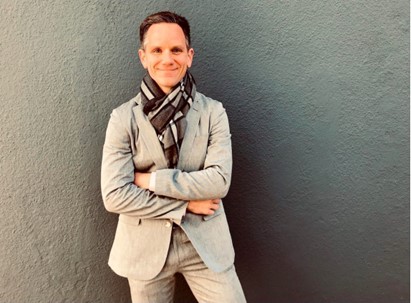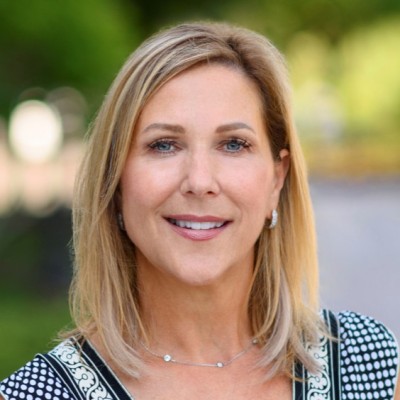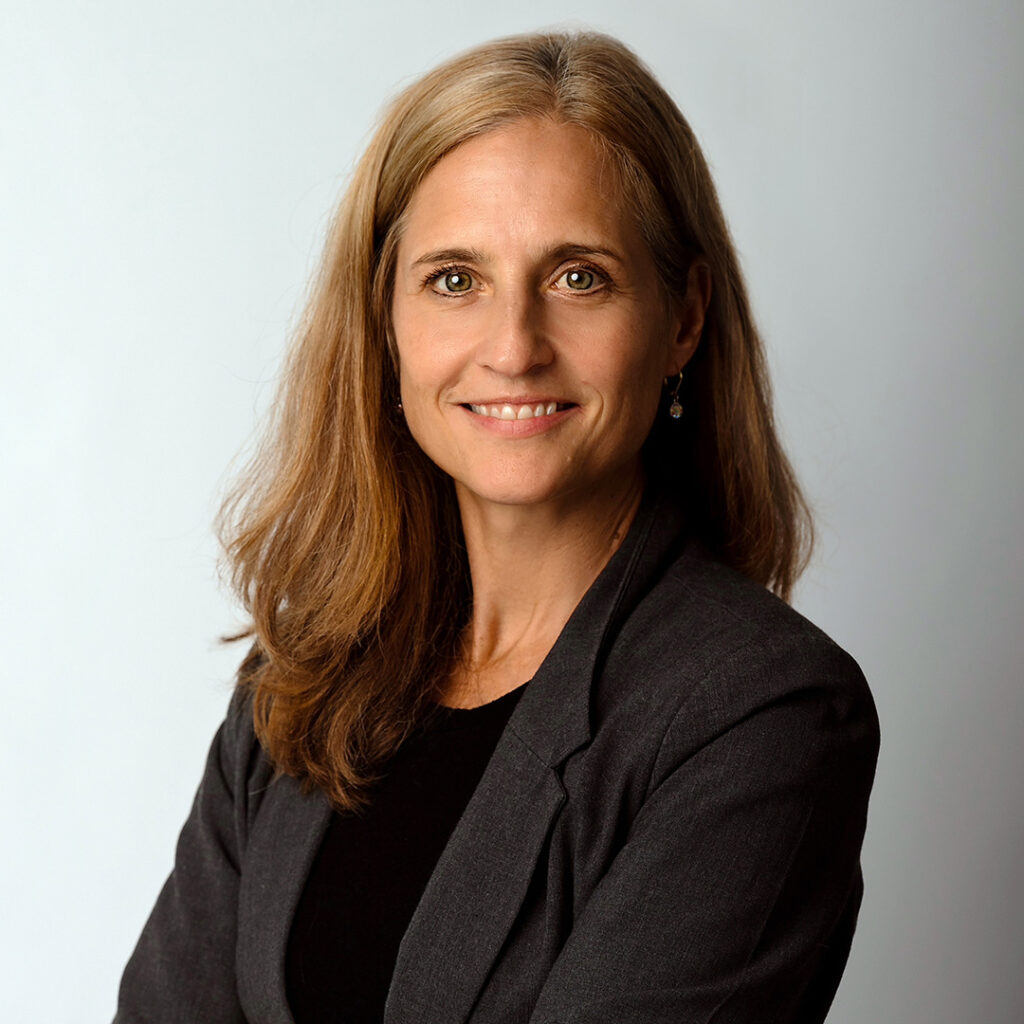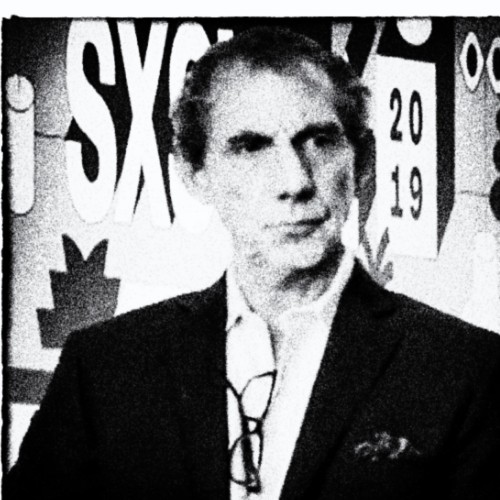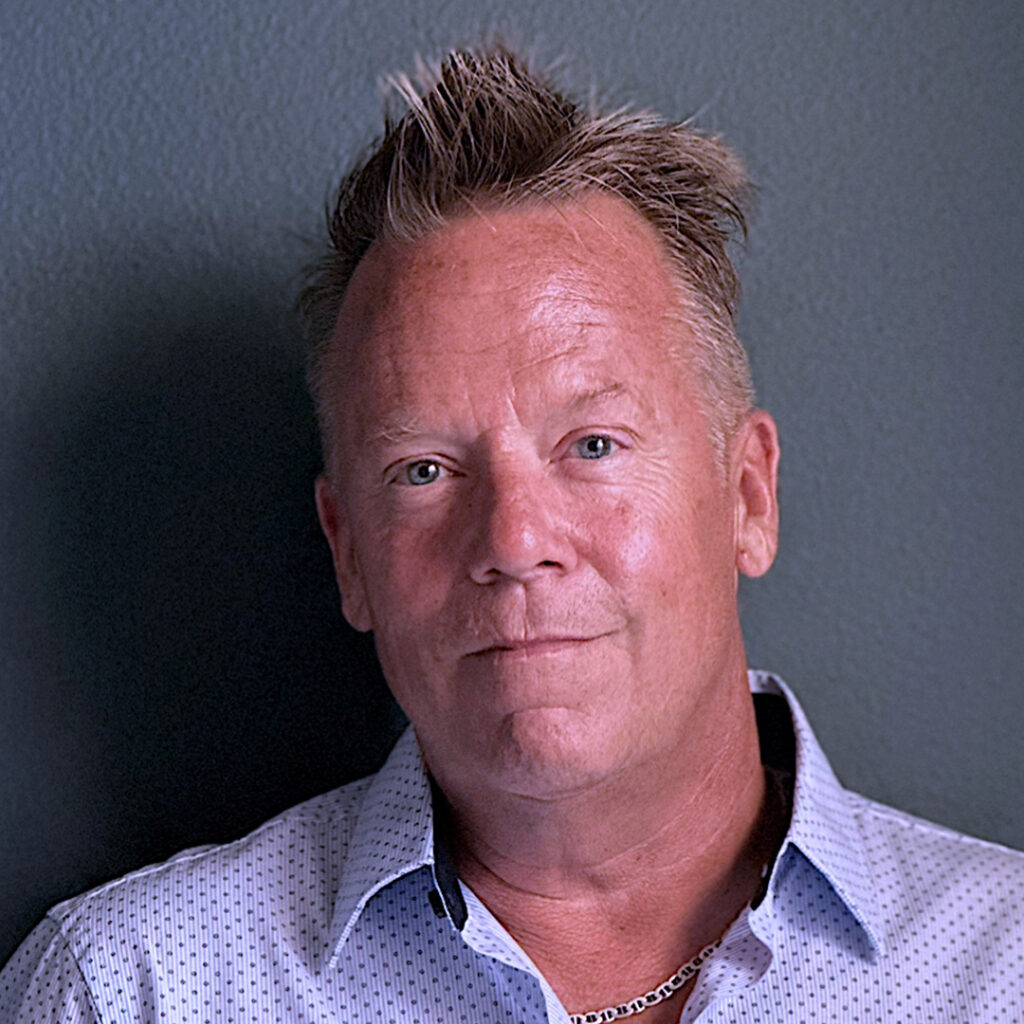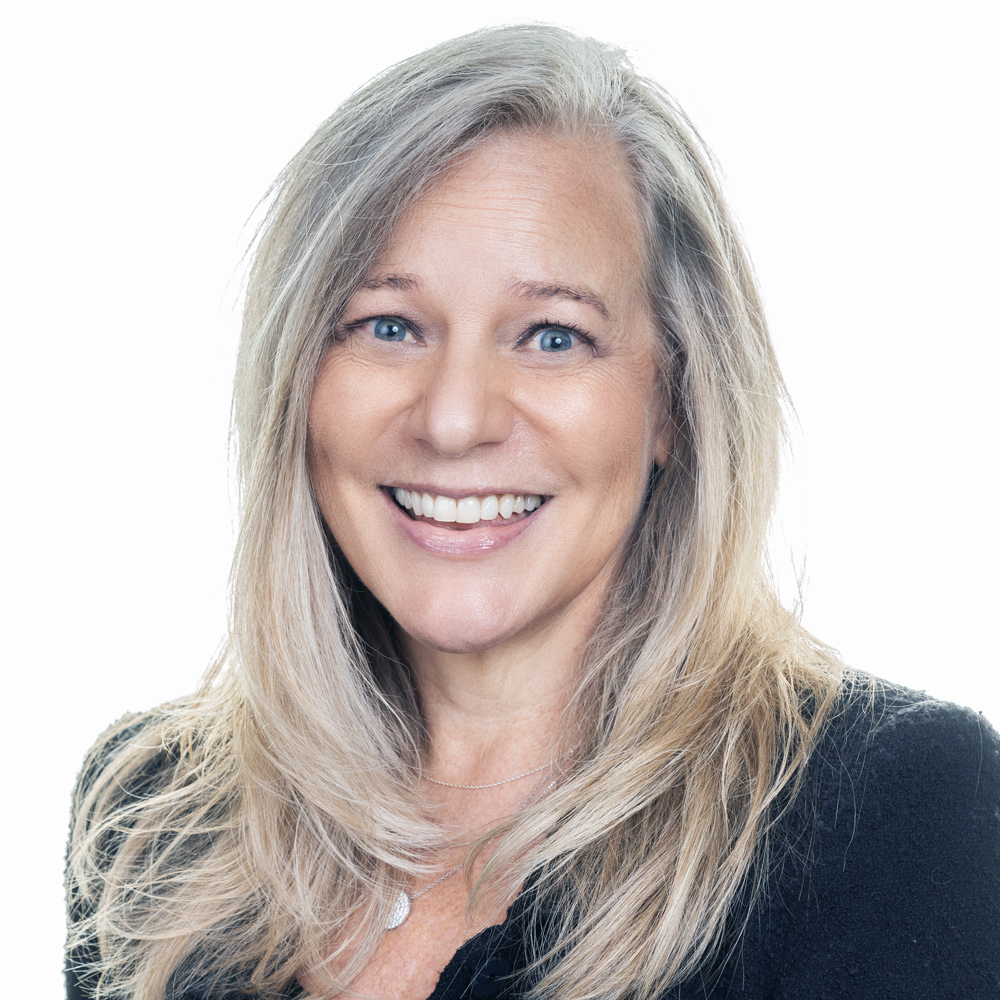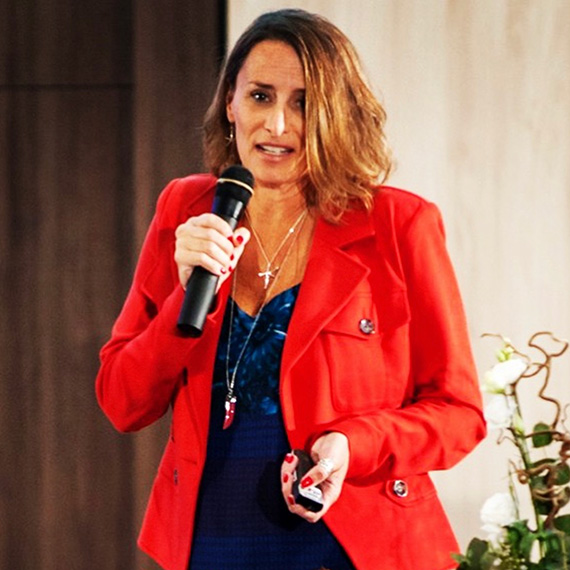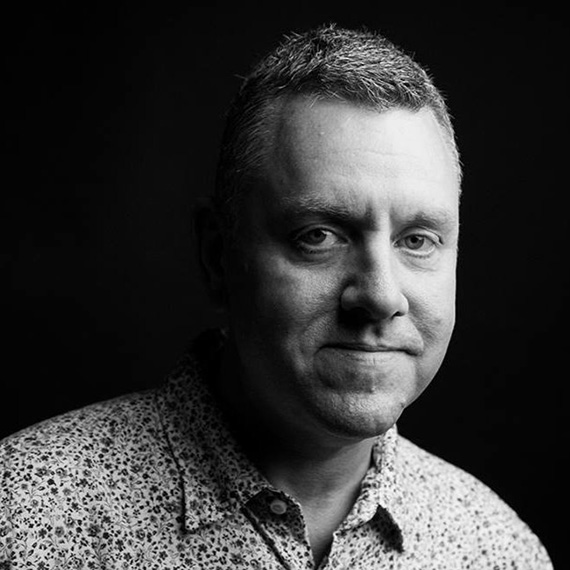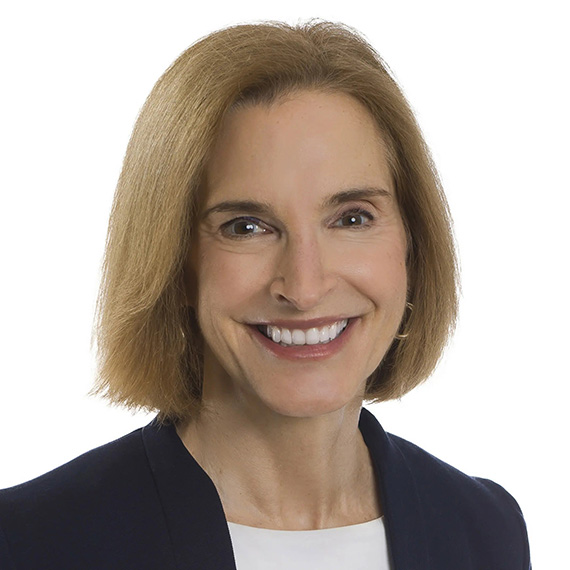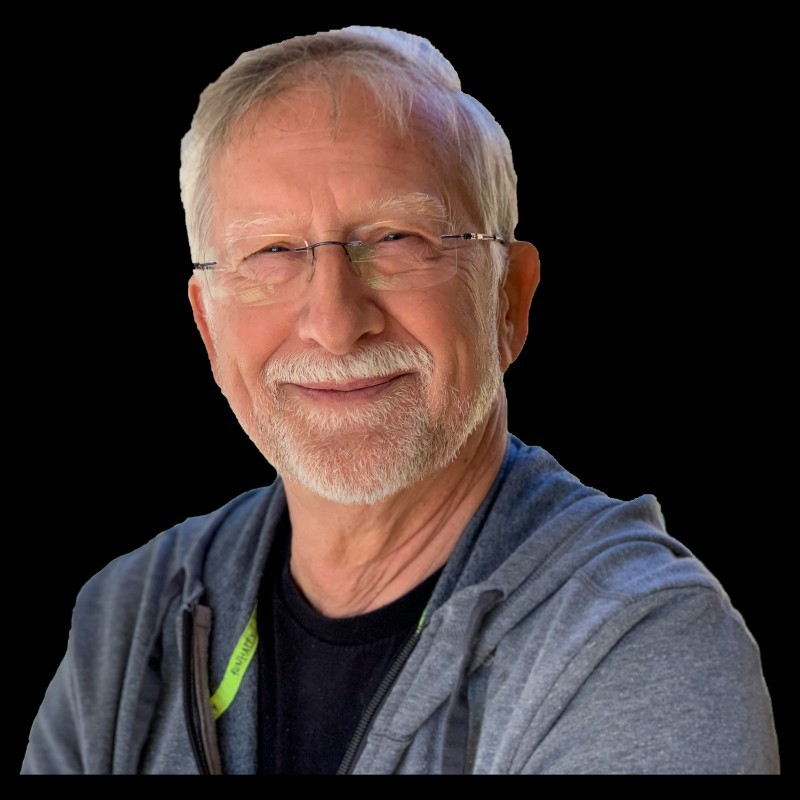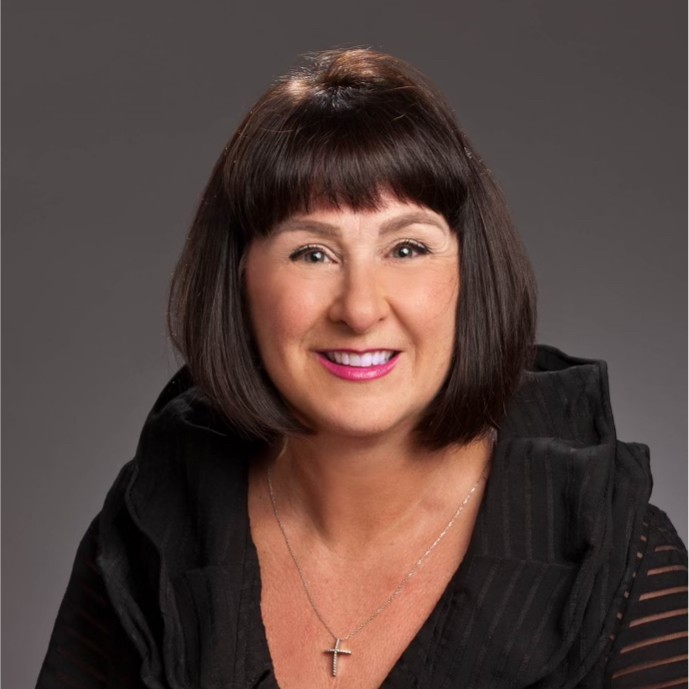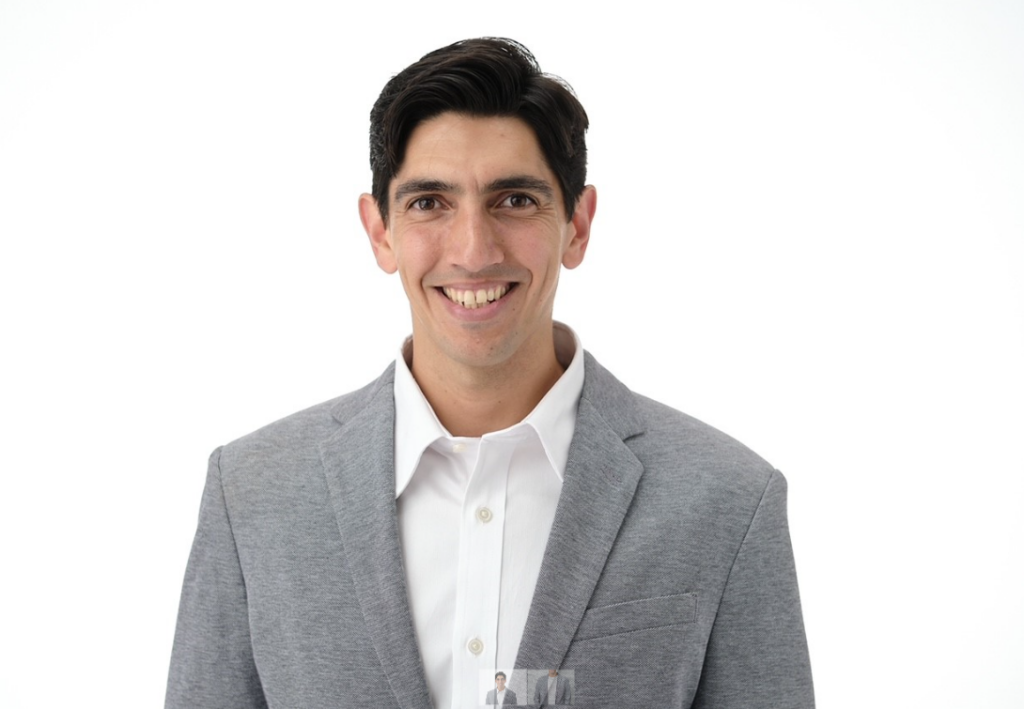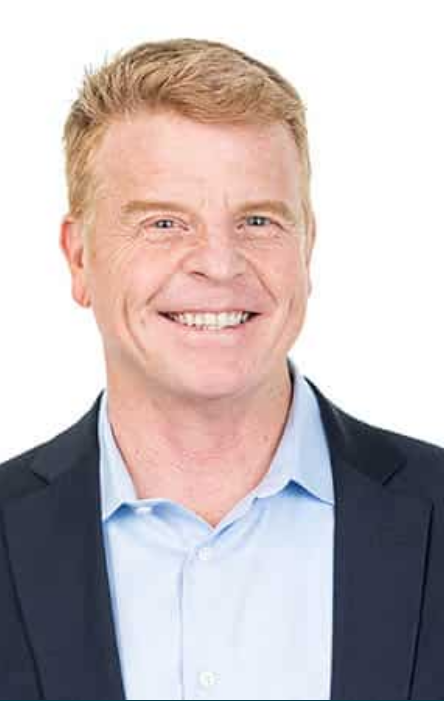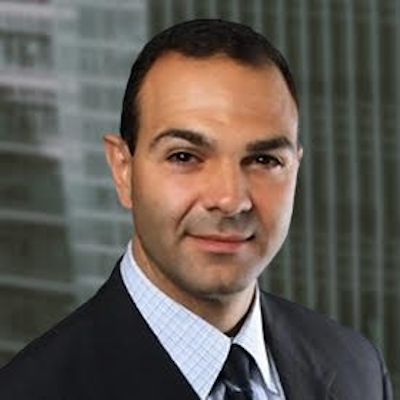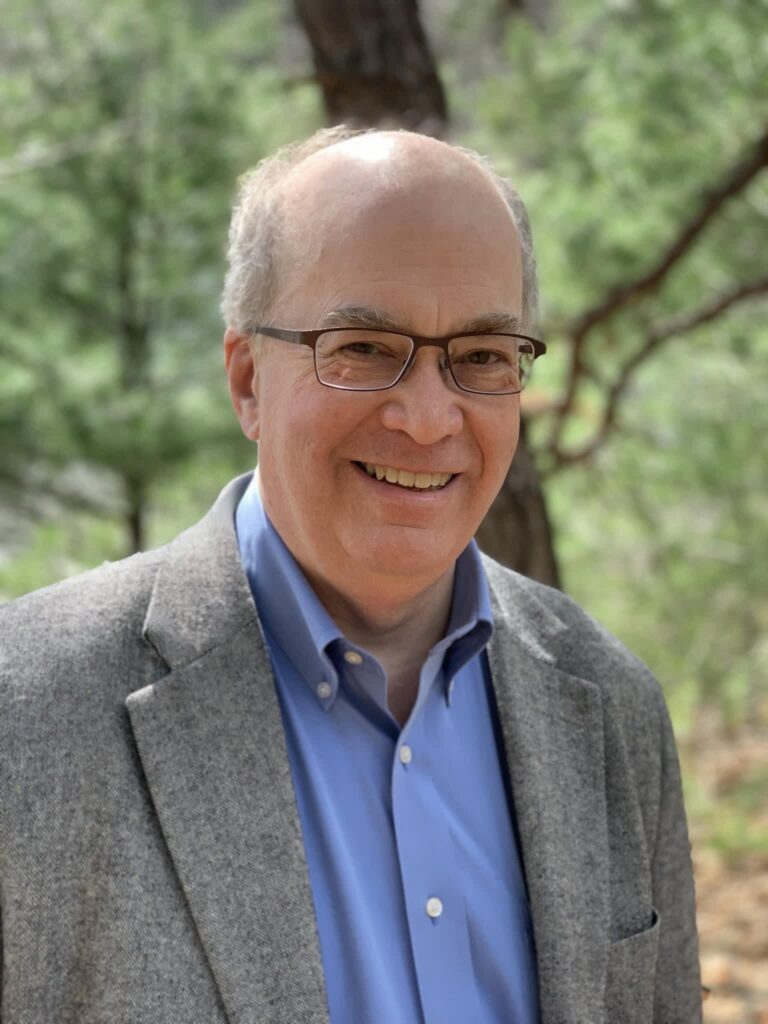In the Now Podcast: Episode 32
Join Nowspeed's CEO, David Reske, as he engages in discussions with founders, marketers, and CEOs from around the globe. Delving into the realm of marketing and leadership, aiming to unravel the myths and misunderstandings that often surround these topics.
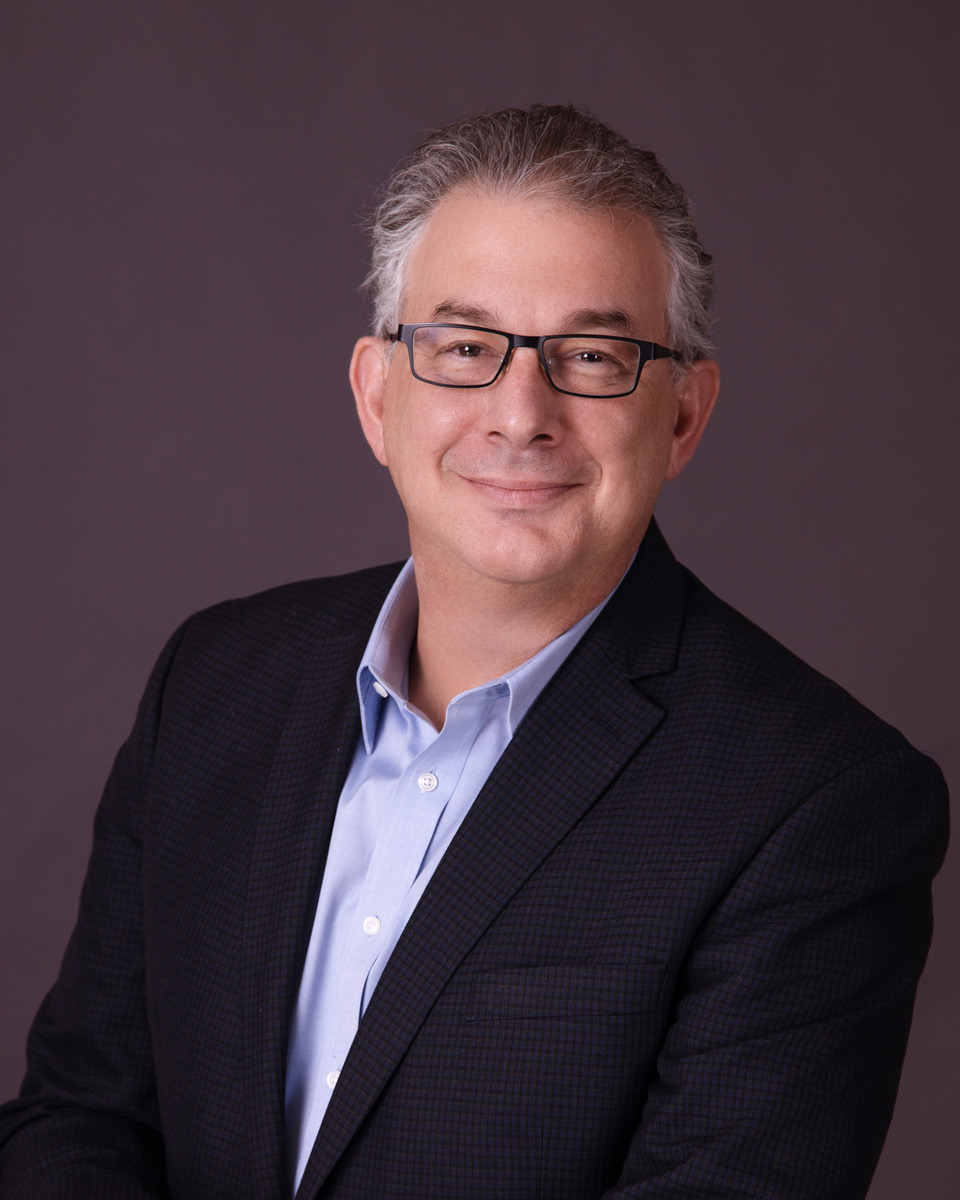
Michael Bloch CEO | Building Bloch
How Healthy Conflict Creates A Healthy Business Environment
Do the best businesses run in harmony without conflict? In this episode of In the Now, Michael Bloch of Building Bloch, a leadership development and facilitation practice & David Reske of Nowspeed, a digital marketing agency, helps us understand the right and wrong ways to use conflict in an organization. A CEO needs to create an environment of trust and safety, and then be willing to ask hard questions and provoke conflict to get to the best decisions. Without conflict, the organization can’t deal with difficult issues and bring people together in order to thrive. Join me for this critical conversation to help you get beyond being nice and create the right conditions for healthy conflict!
Get a Free Marketing Analysis and Consultation
Nowspeed can review your Website, SEO, PPC, Email or Social Media Campaigns and identify ways to make an immediate impact!
Episodes
Want to be a guest on the show?
Episode Transcript
In this candid conversation, Michael Bloch, a CEO coach and CEO of Building Bloch, unravels the myth about conflict-free business operations and explains the pivotal role of trust within a team. Rather, effective conflict management can lead to breakthrough moments and foster a culture of creativity and innovation.
Watch the full interview with Michael Bloch here and read an excerpt from the interview below.
Nowspeed: Welcome to this edition of In the Now, where we work to debunk the myths and misconceptions about marketing and leadership by talking to some of the world’s most intriguing people. I’m David Reske, CEO of Nowspeed Marketing, a full-service digital marketing firm that provides everything from web development to PPC advertising and today I’m excited to have Michael Bloch on the show. Michael Bloch is a CEO coach and CEO of Building Bloch, renowned for his extensive knowledge and keen understanding of business and strategy.
I’ve known Michael for many years; we’ve traveled and enjoyed crazy times together. And I’ve always been impressed, Michael, with your deep understanding of business and strategy and willing to willingness to ask the hard questions. So thank you for being on the show.
Michael: It’s a pleasure to be here, Dave.
Nowspeed: To kick off our discussion, I’d like to begin with a question that I hope will challenge some preconceived notions. There’s a prevalent myth that the best businesses operate in harmony, without conflict. Do you believe this to be true?
Michael: Not at all. This couldn’t be further from the truth. The fear and avoidance of conflict can actually serve as a significant roadblock for leadership teams.
Nowspeed: That’s quite interesting, could you elaborate more on this perspective?
Michael: Of course, the problem isn’t conflict itself but the way it’s managed. Conflict can lead to breakthrough moments, innovation, and creativity if managed well. However, when conflict is poorly managed, it can result in politics, silos, and self-protection, which can further lead to toxicity within the organization.
Nowspeed: In your experience, what’s the key to managing conflict effectively within a team?
Michael: Trust is a foundational element in managing conflict. When there is trust among team members, they feel safe enough to challenge the status quo, to push one another, and to be open about their beliefs about the company and its culture. However, achieving this level of trust requires a strong foundation.
Nowspeed: This concept of trust seems to be central to your perspective. Could you help us understand better what it entails?
Michael: Absolutely. Trust in an organization isn’t just about setting goals or KPIs. It’s about whether there’s an underlying belief that we can have open, honest conversations. Can we question each other? Can we hold each other accountable? Can we provide each other with positive feedback or point out areas for improvement? Trust is like the foundation of a house: when a storm comes, a house with a solid foundation will remain standing while one without will sustain significant damage.
Nowspeed: How can leaders effectively build this foundation of trust, particularly in high-stakes environments where decisions like layoffs and firings are commonplace?
Michael: It’s a misconception that trust and safety prohibit us from making tough choices. We can and should still hold each other accountable. We want the right people in the right seats on the bus. If someone isn’t the right fit for our culture, or isn’t in a role where they and the company can both succeed, then changes need to be made.
Nowspeed: So, would you say that trust encourages an environment where feedback is received positively?
Michael: Yes, feedback plays a crucial role. Leaders should feel comfortable asking their team members: “Is there anything I’m doing that’s getting in the way?” or “How can I better support you?” This makes the team feel valued and that their feedback is important. It’s not just about giving feedback but also about being open to receiving it.
Nowspeed: In terms of trust-building, how should leaders navigate their relationships with team members over time?
Michael: Trust is like a bank account where we make regular deposits through trust-building actions while avoiding actions that diminish trust. If I say we’re going to start a meeting at 10, and I walk in at 10:05, I’m diminishing trust. I’m not keeping my word. I’m not reliable. Leaders must be credible, adaptable, and vulnerable, and always keep the greater good of the organization in mind.
Nowspeed: How does this concept of trust extend to the broader organization or team?
Michael: When there’s solid trust within a team, it naturally leads to psychological safety. Team members can freely express their thoughts and ideas without fear. This encourages open and honest communication and fosters an environment where innovation and creativity can flourish. The core principle here is ensuring that there’s no disconnect between what a person is thinking and what they are saying.
Nowspeed: That’s a fascinating perspective, Michael. It’s clear that trust is a crucial element in managing conflict and fostering a thriving and innovative business environment.
Don’t miss the rest of this insightful interview with Michael Bloch. Make sure to tune in for the full conversation here.
